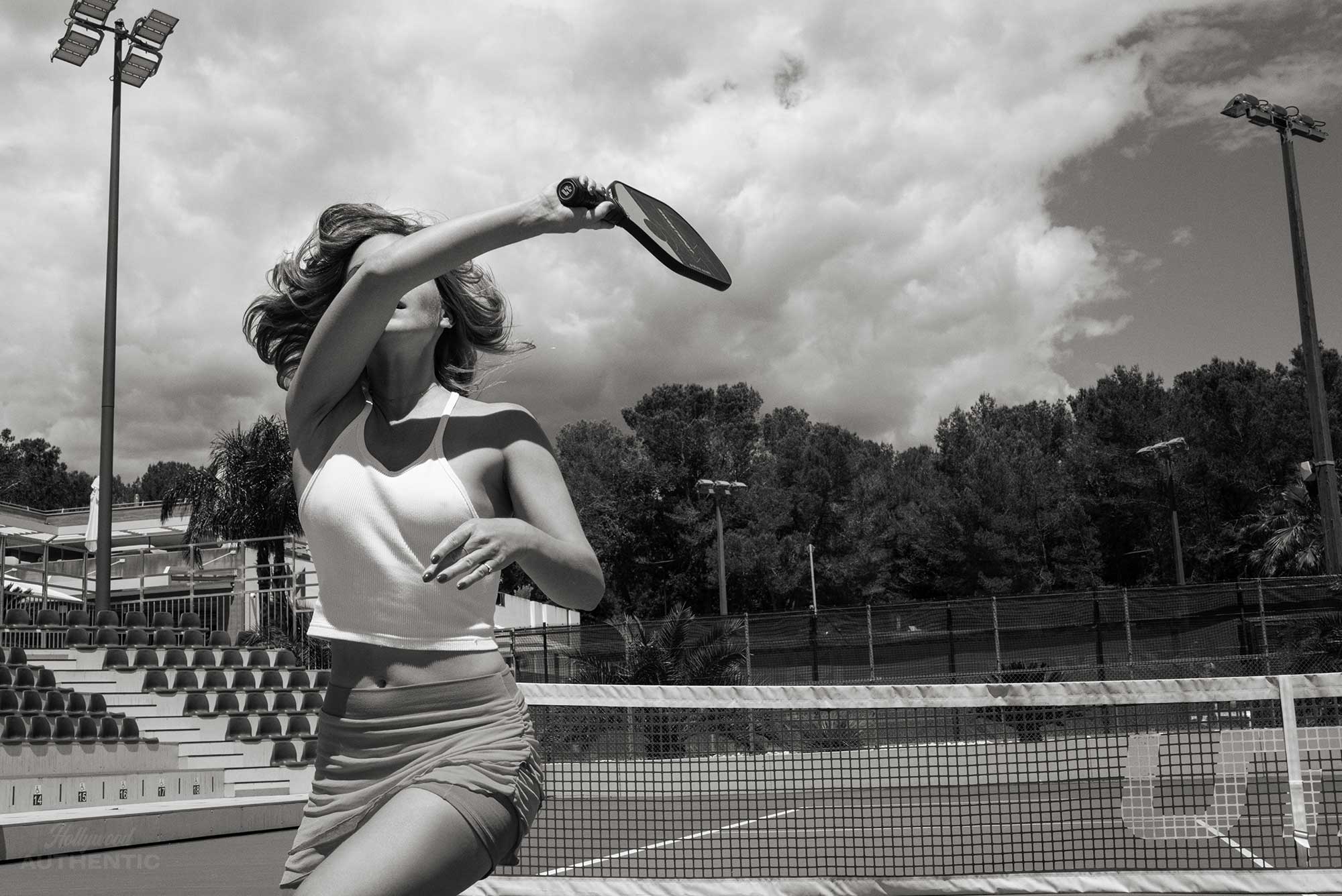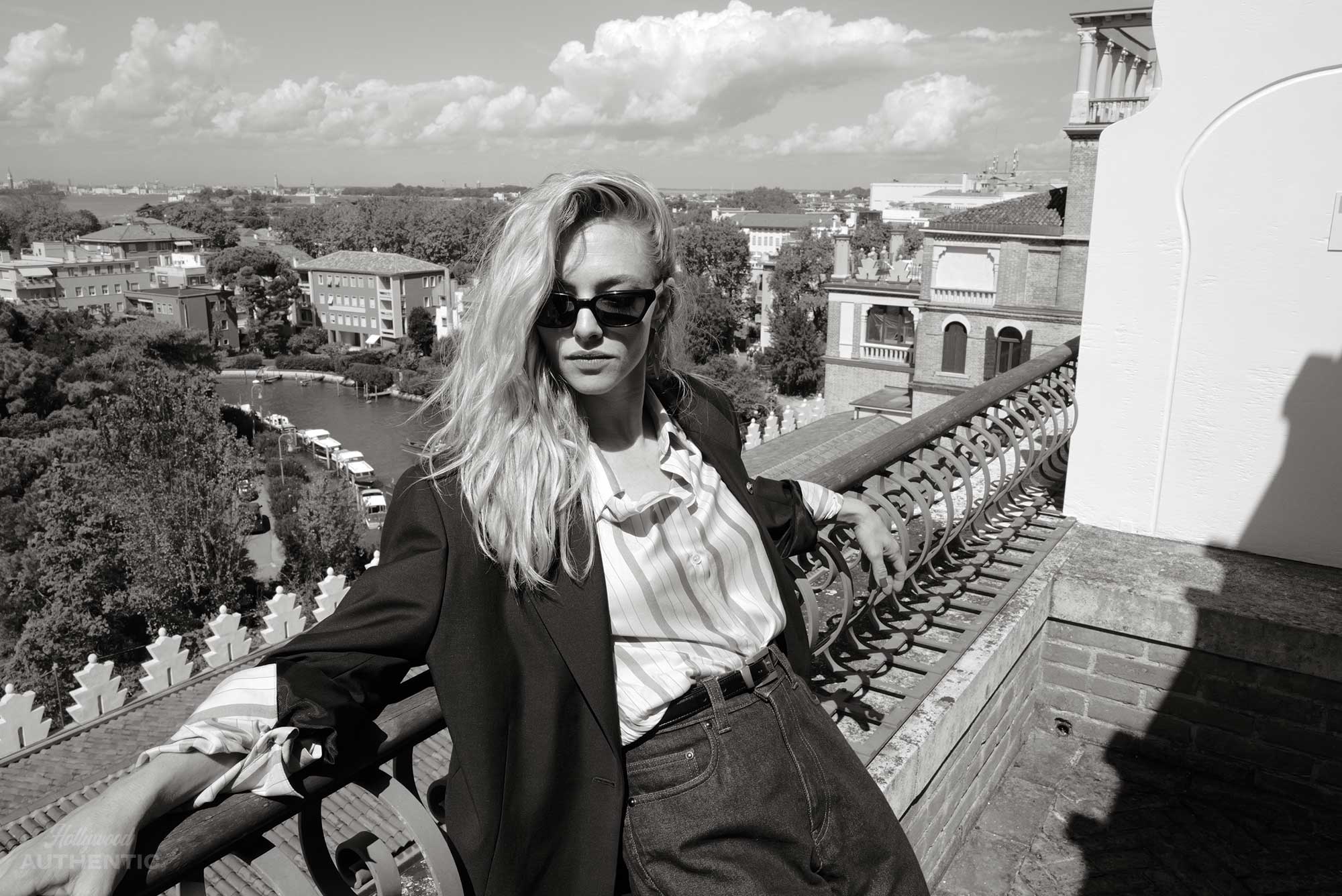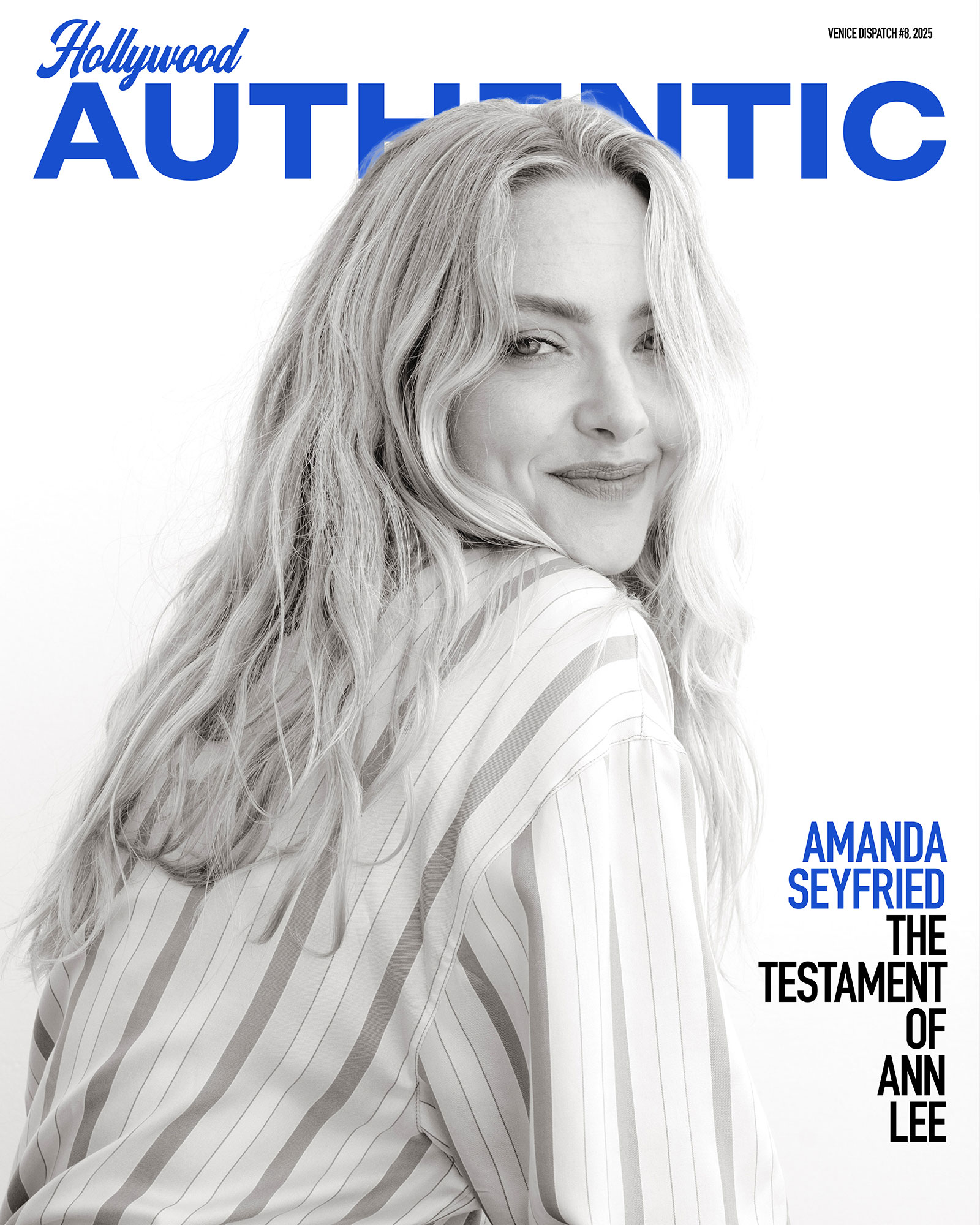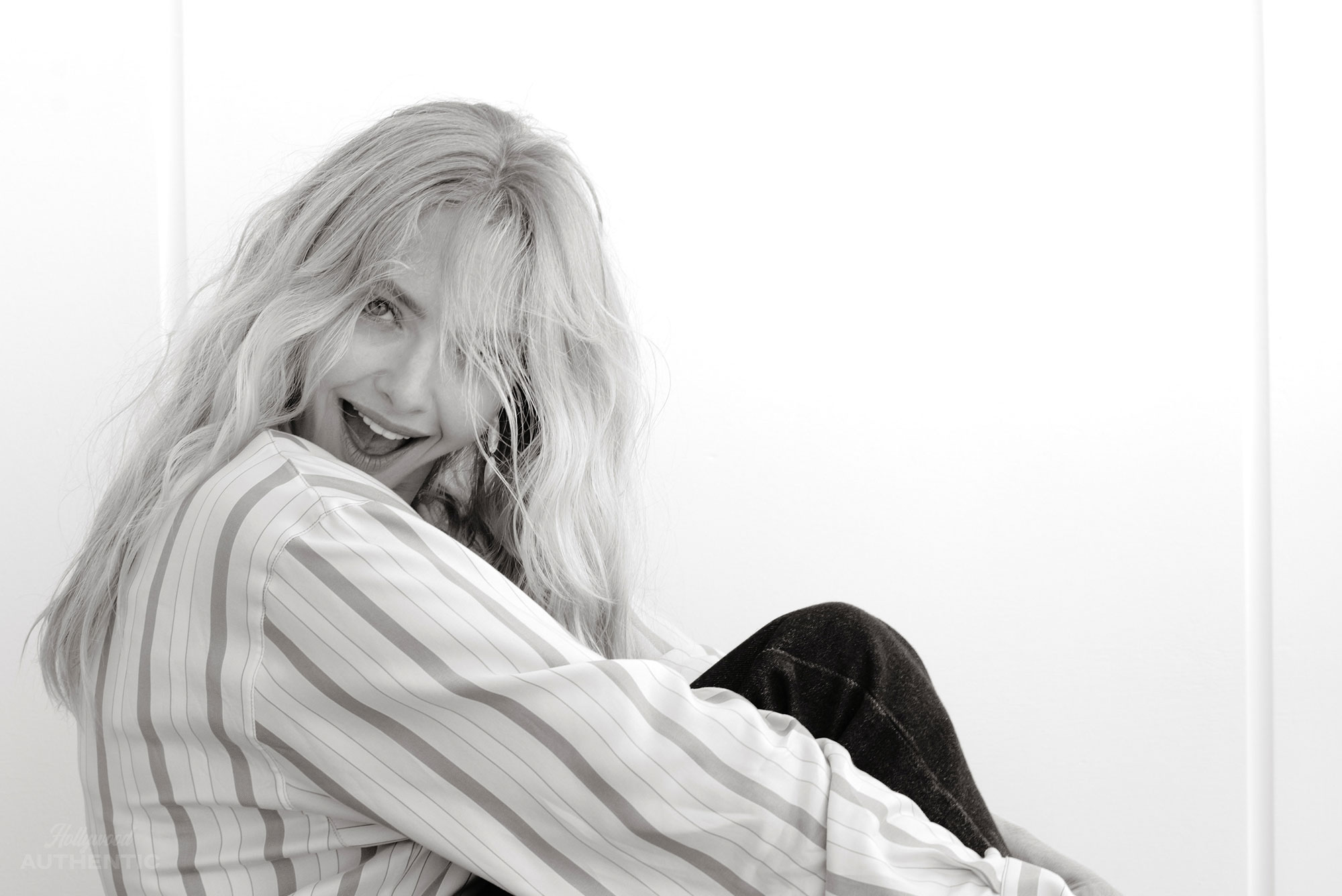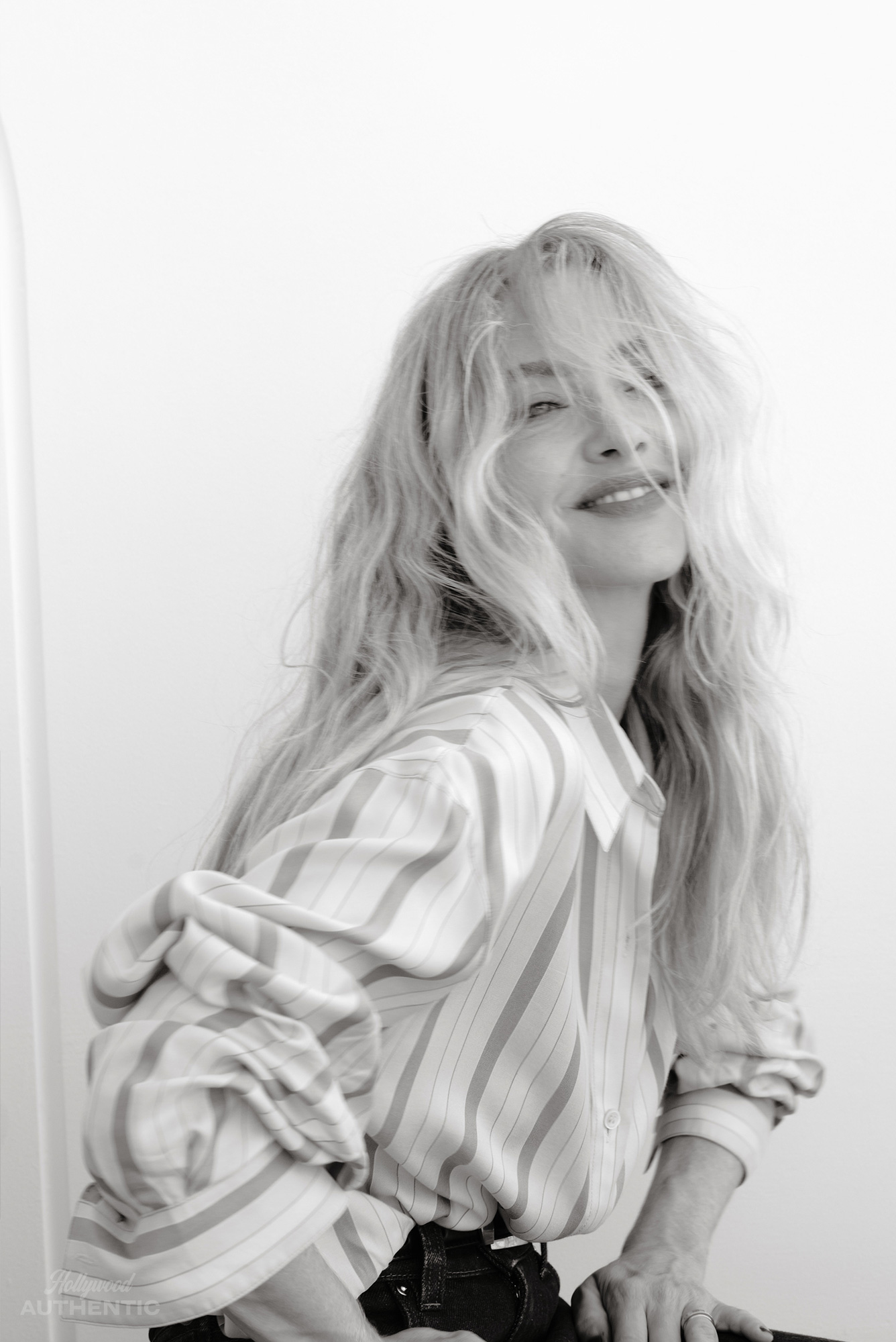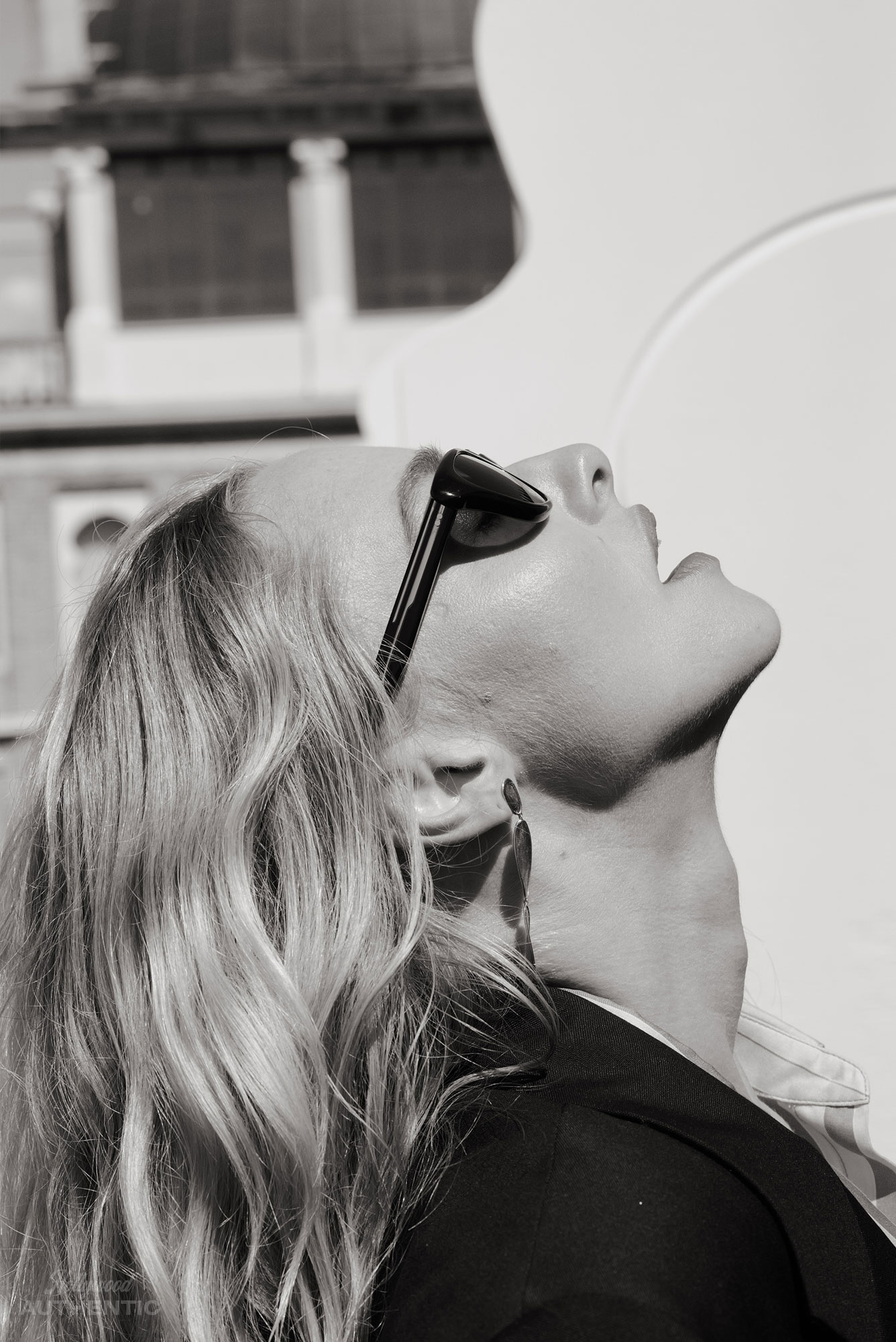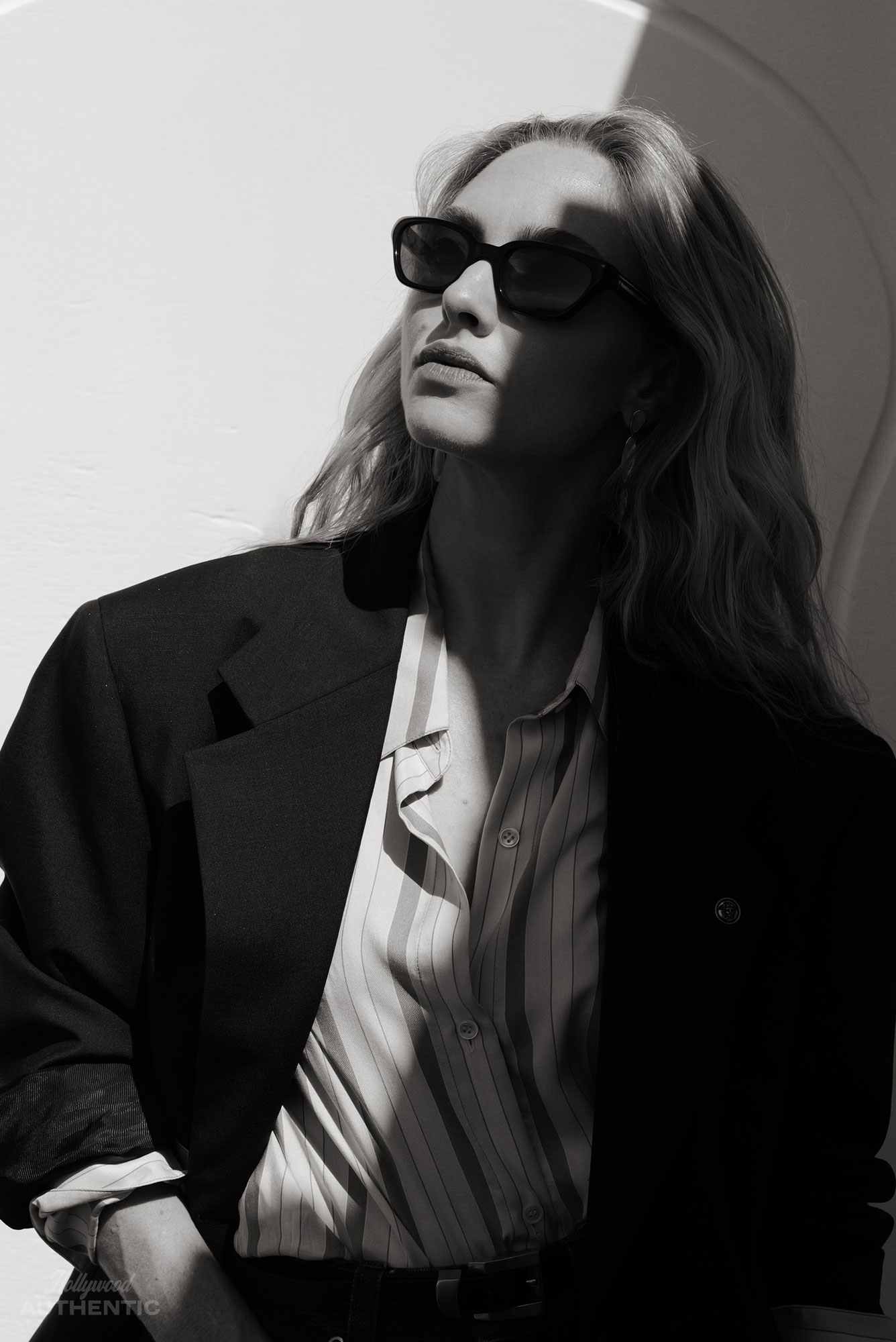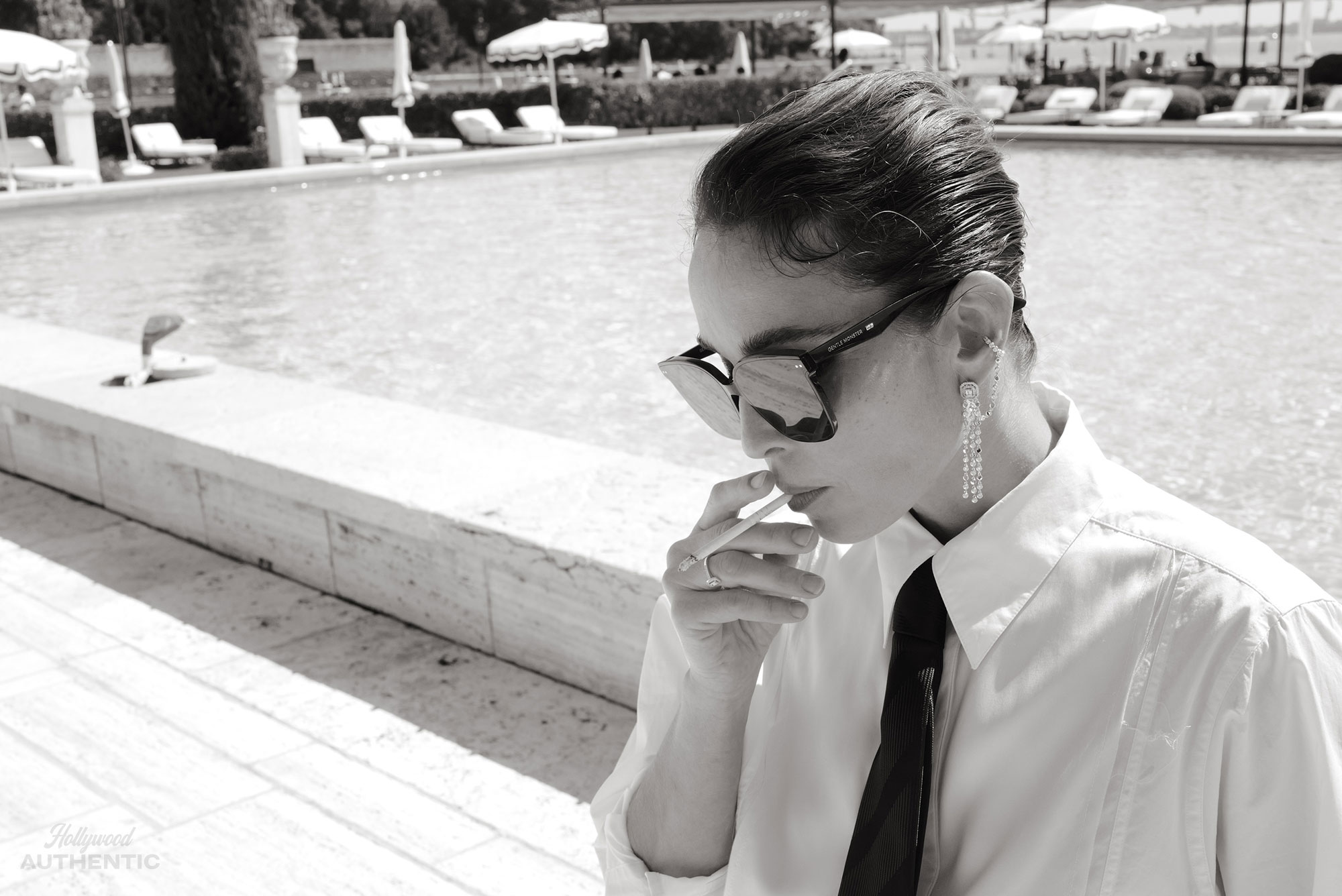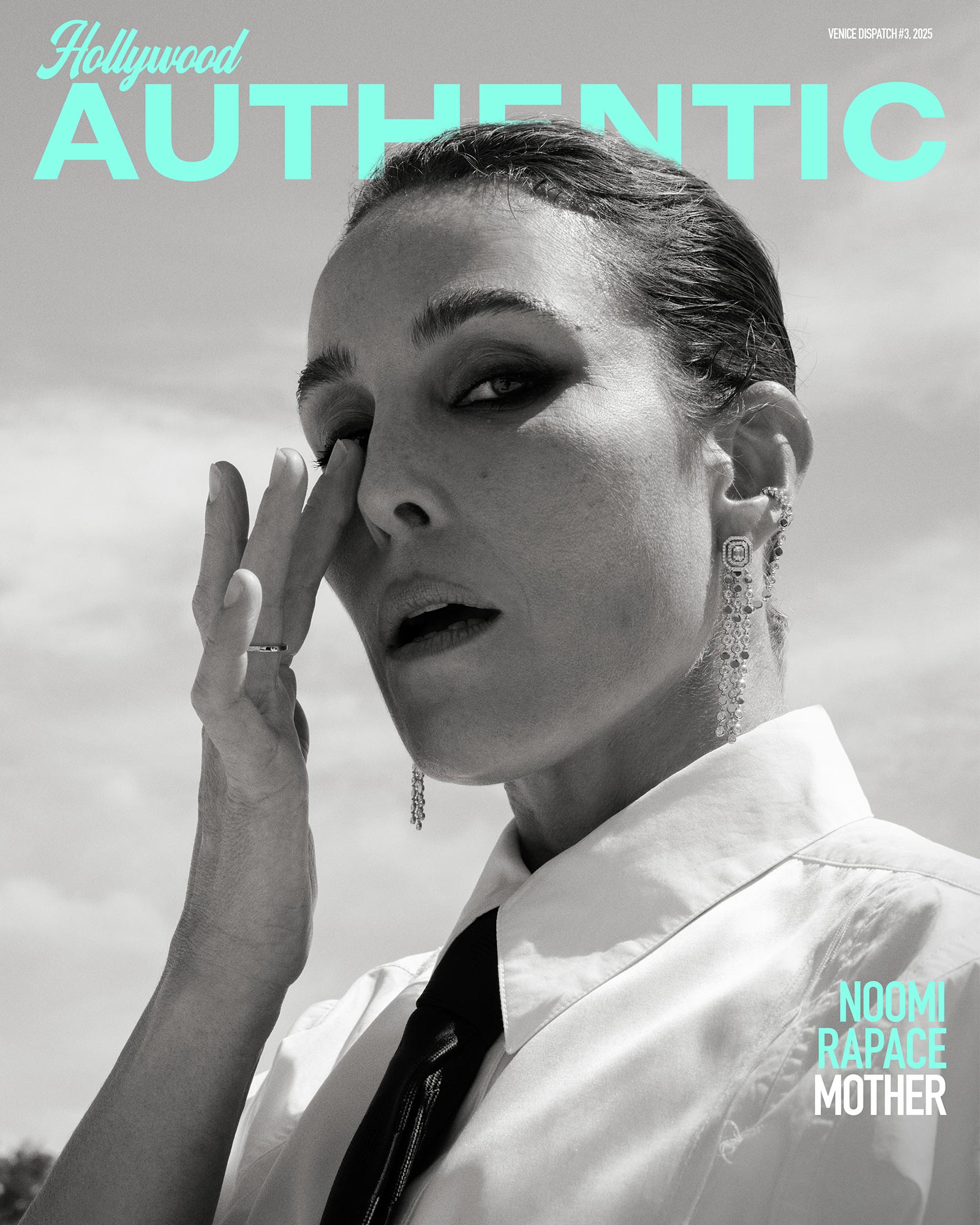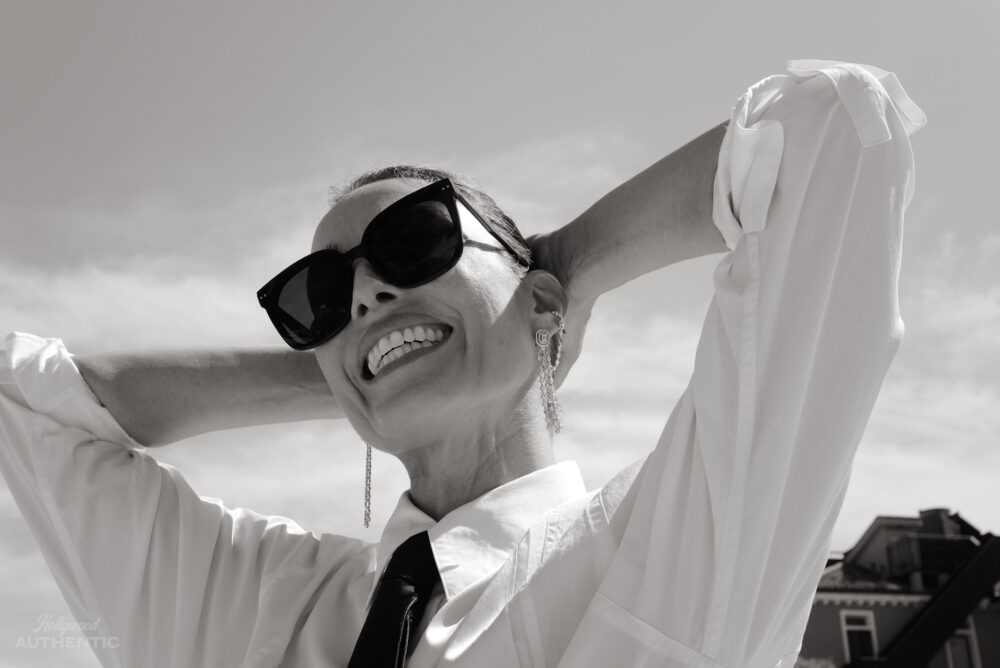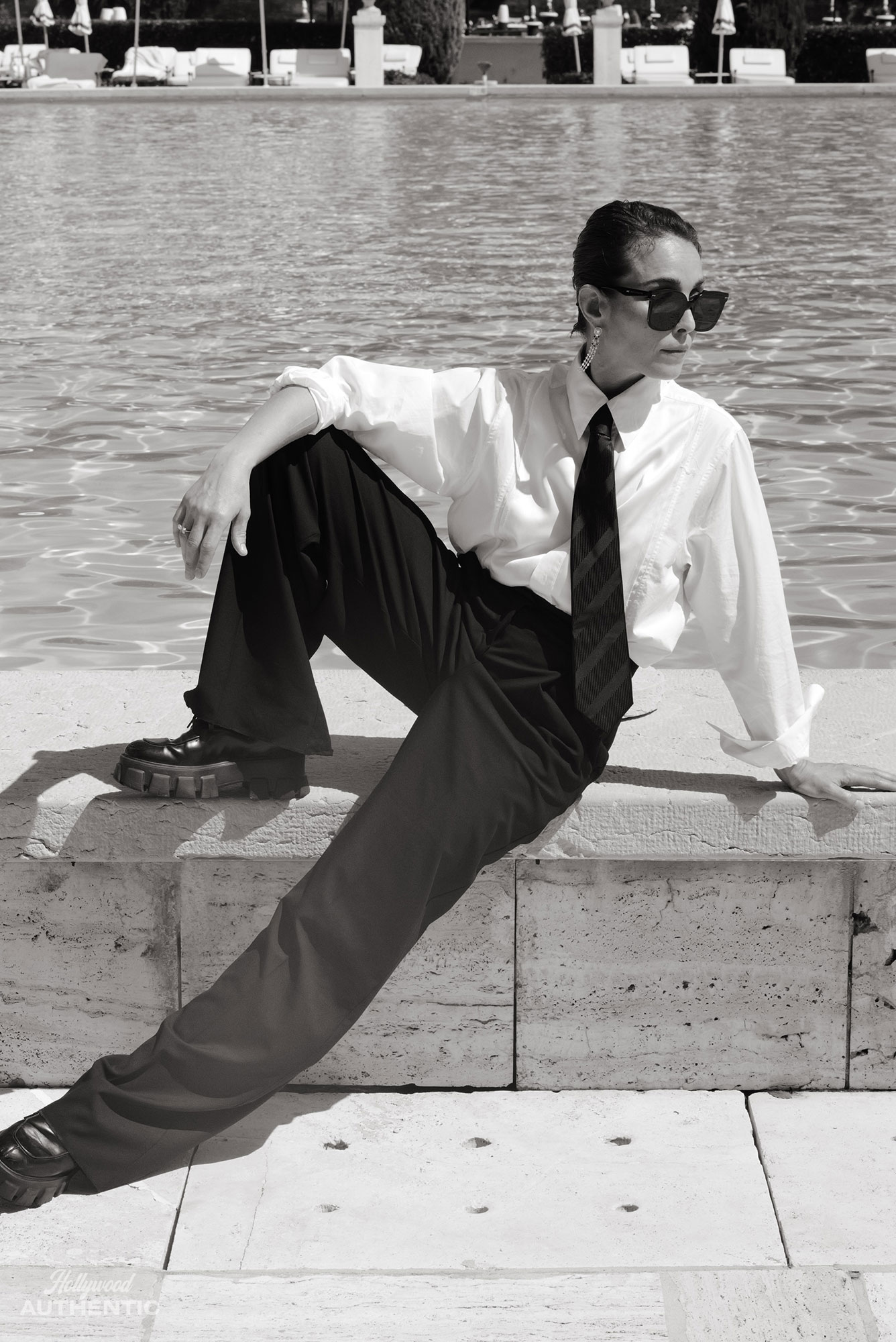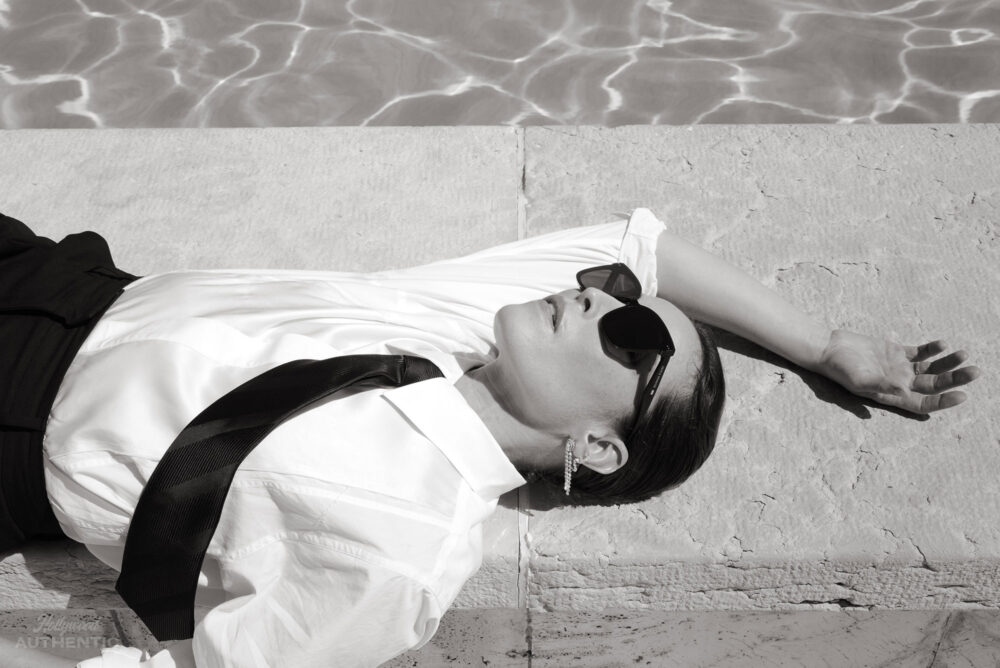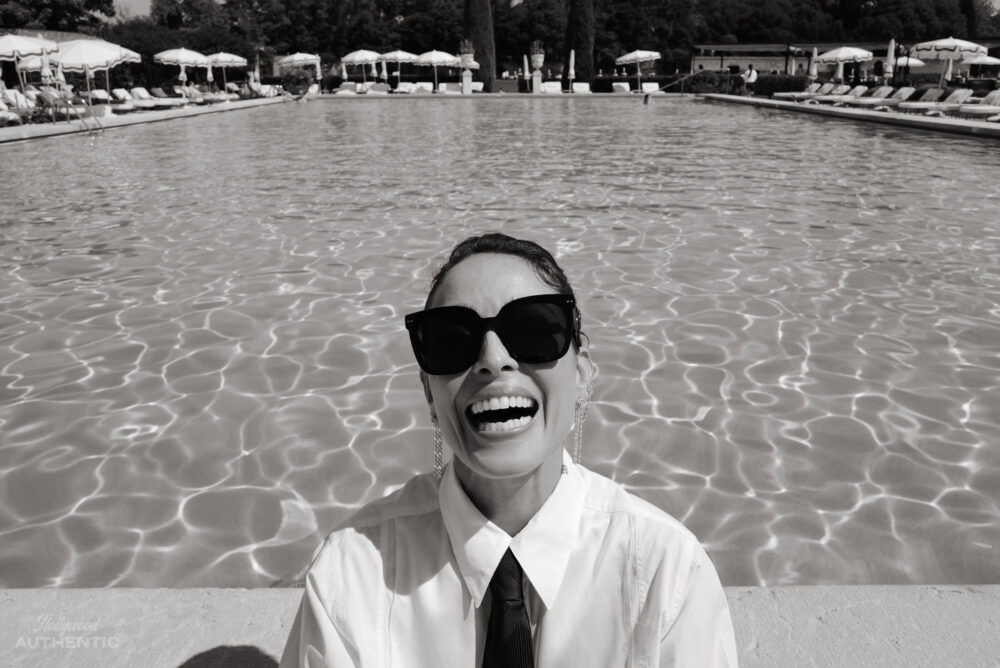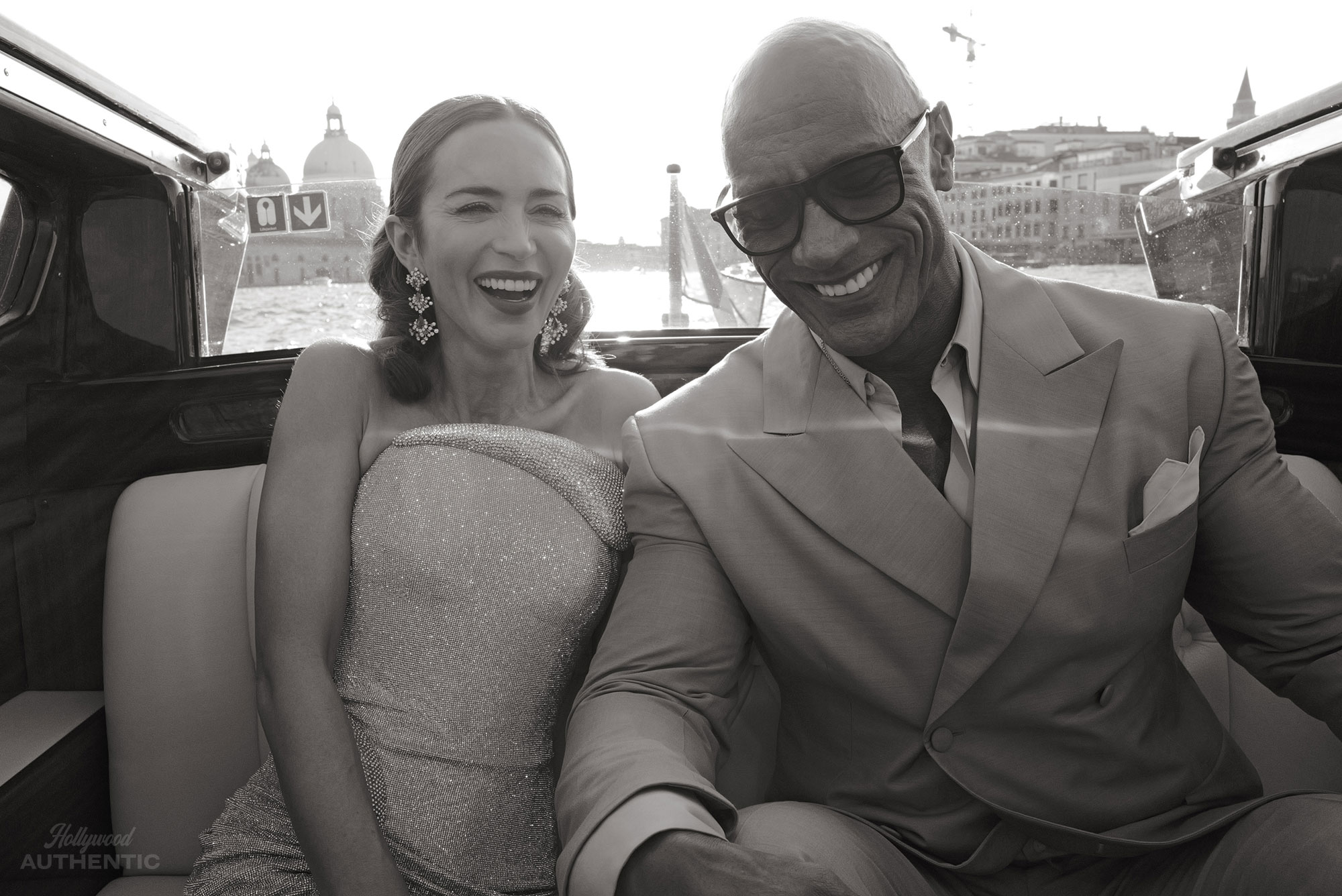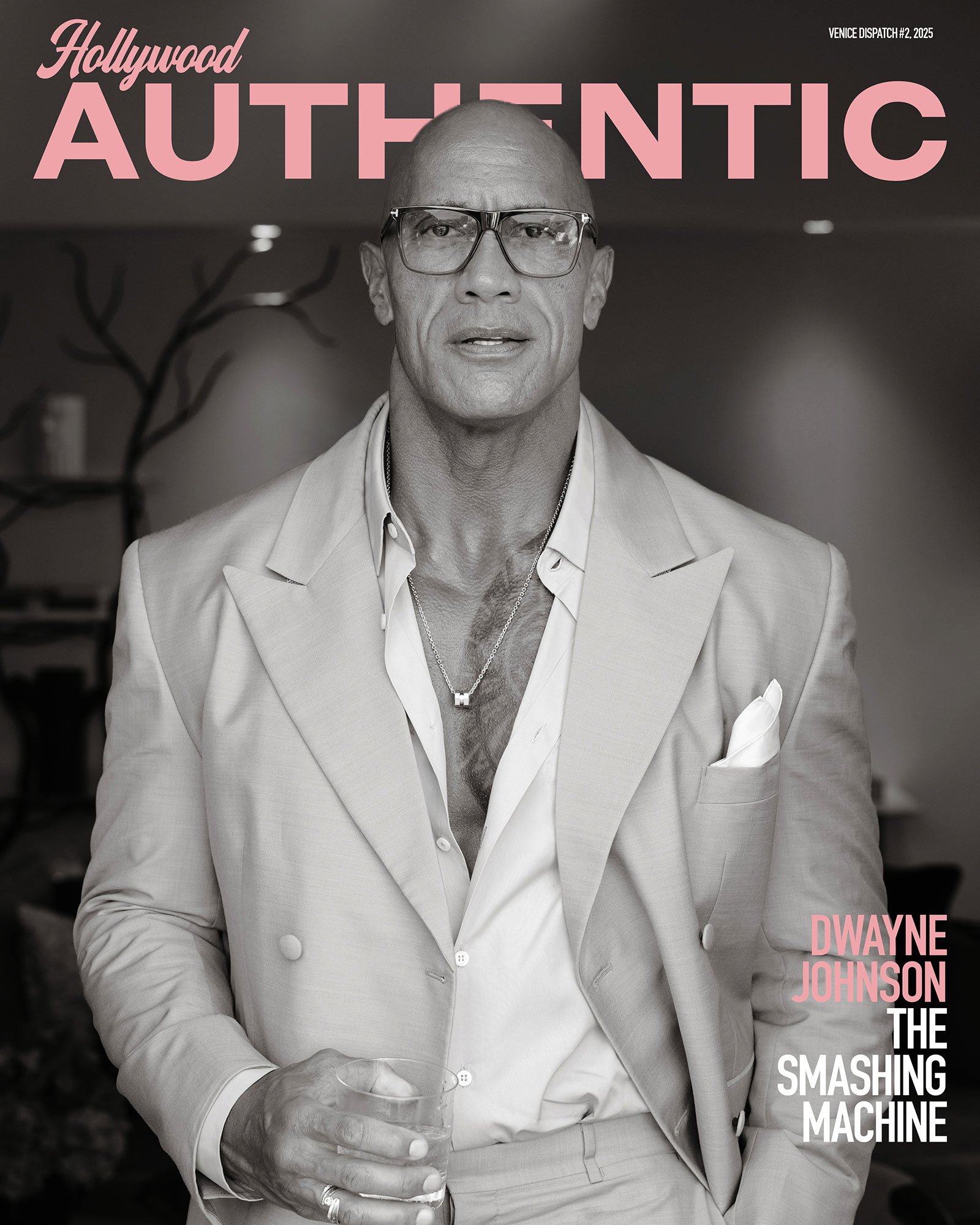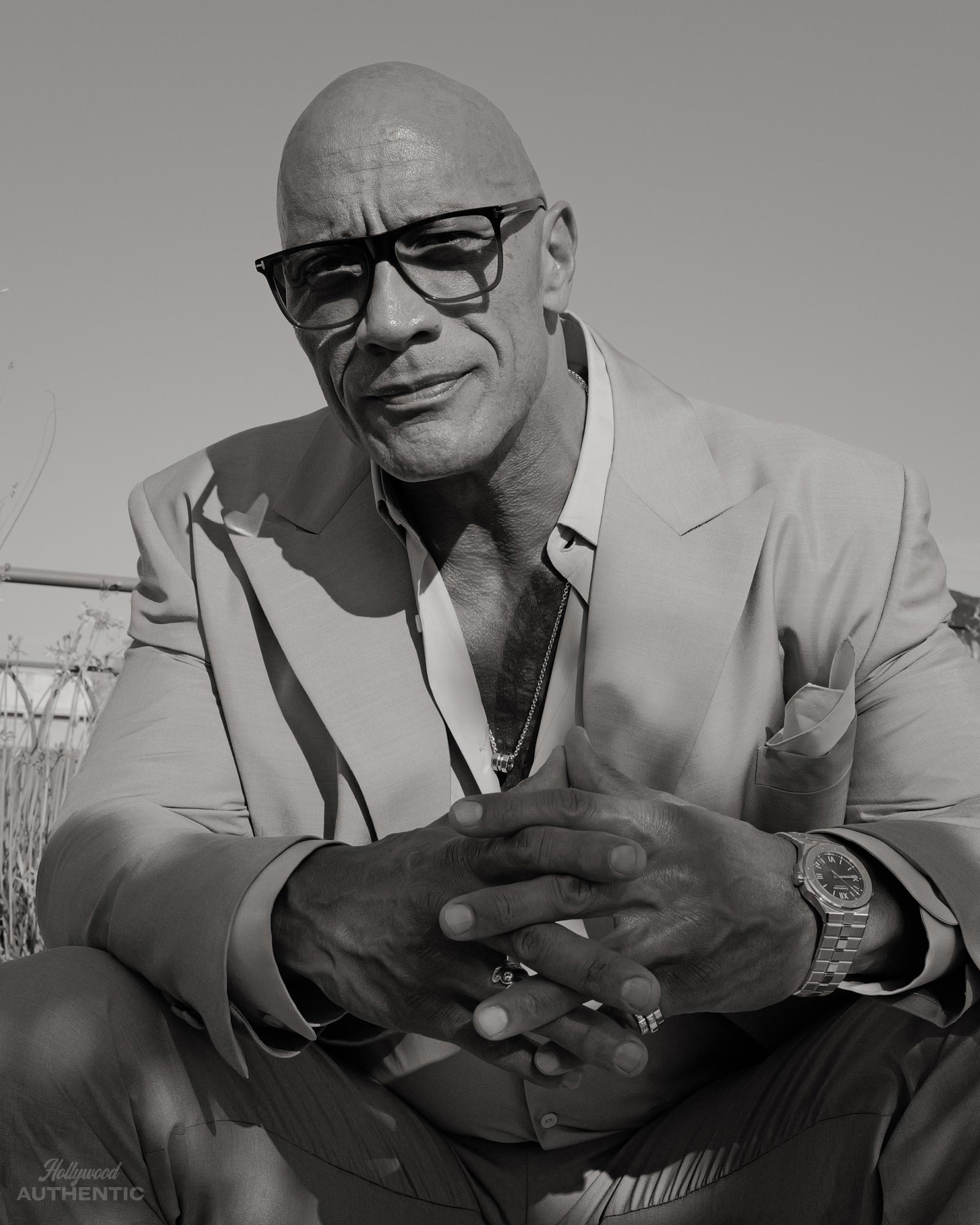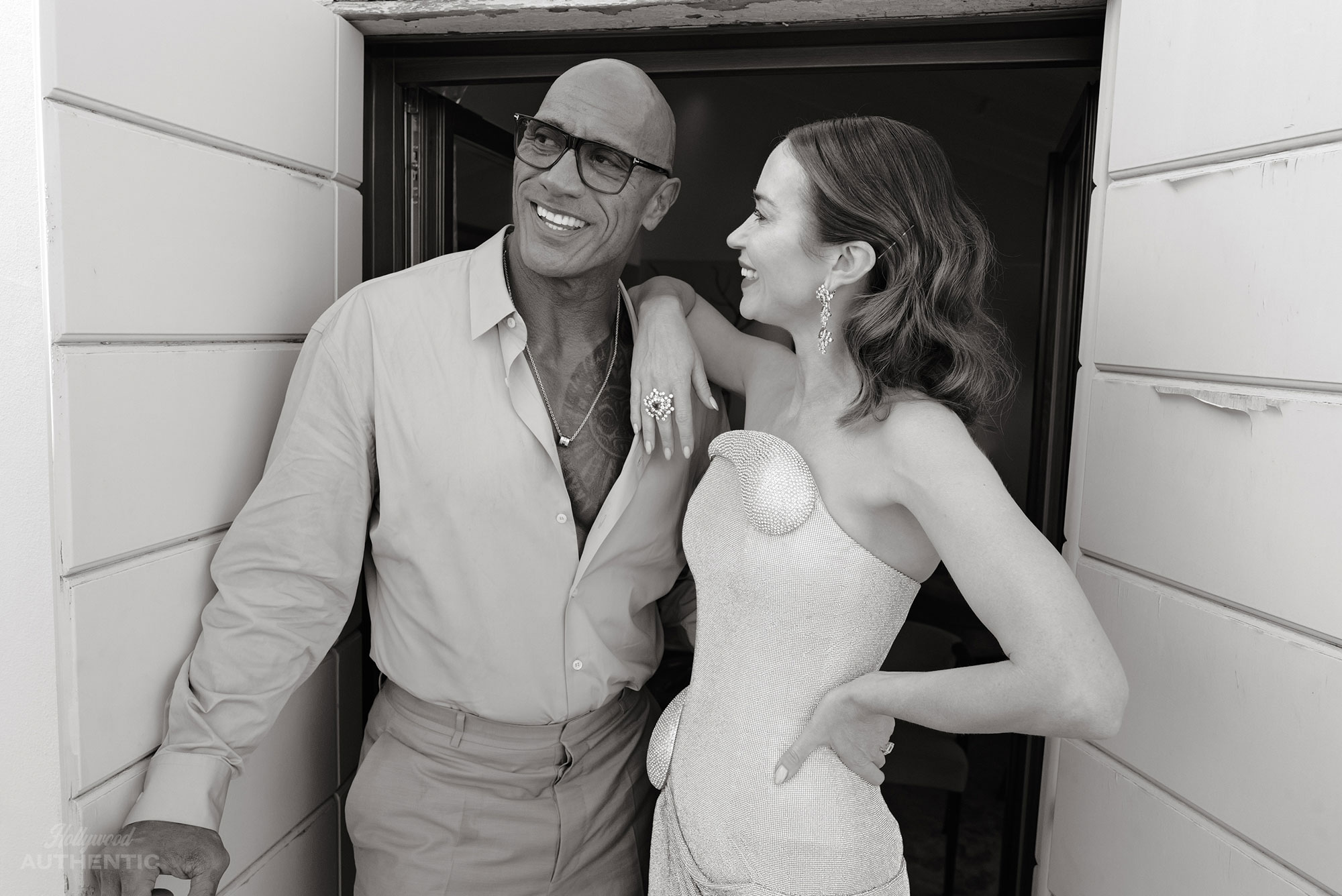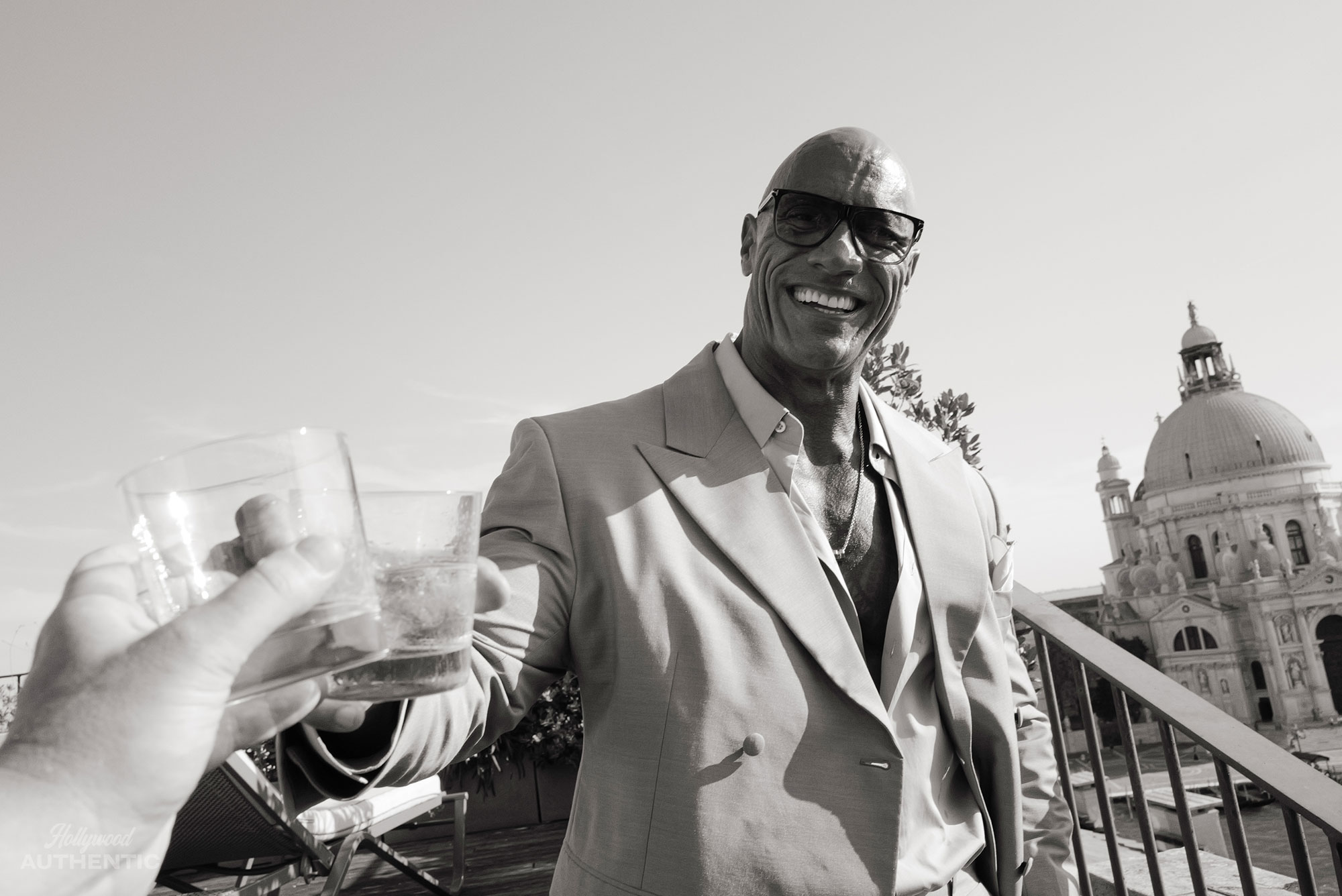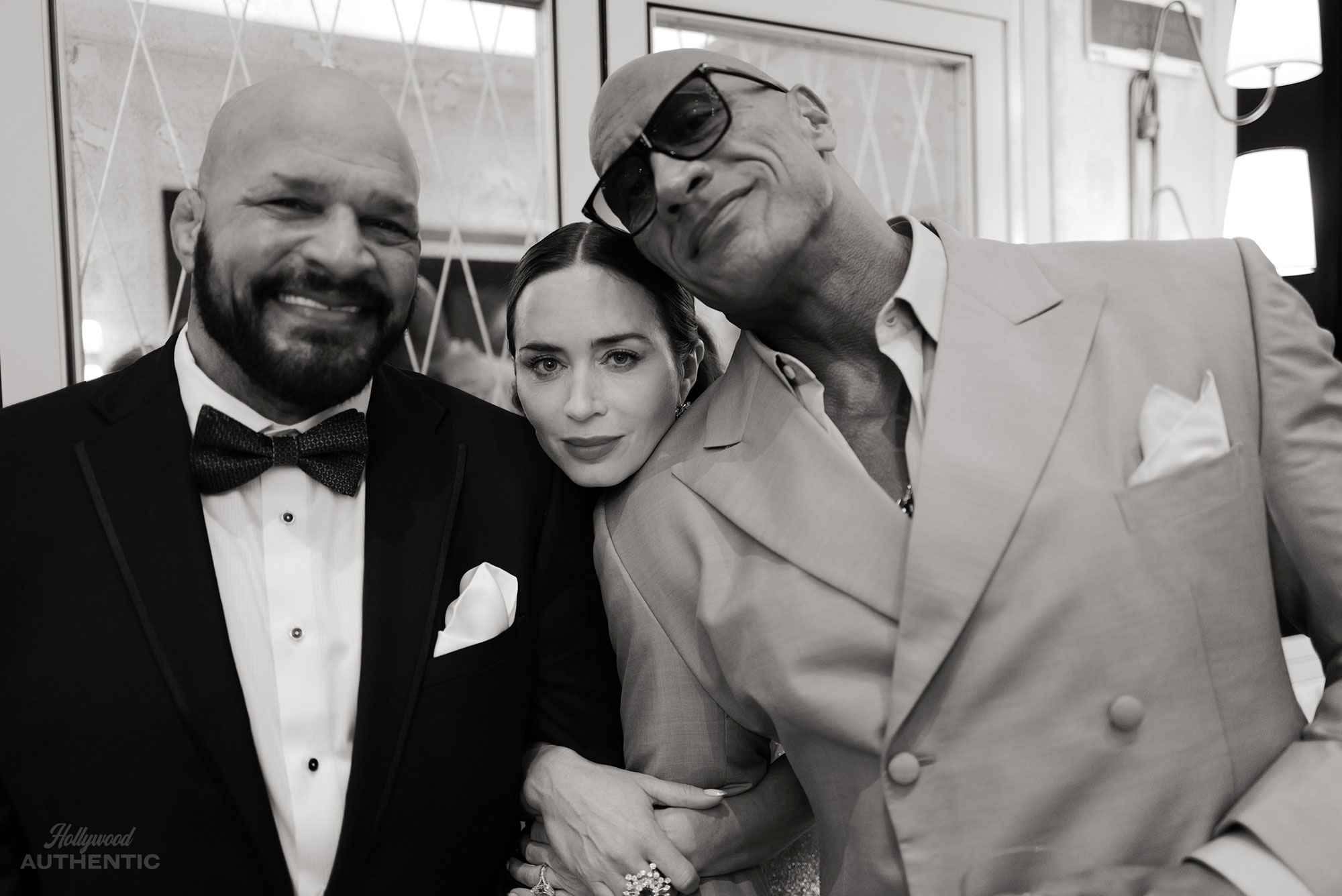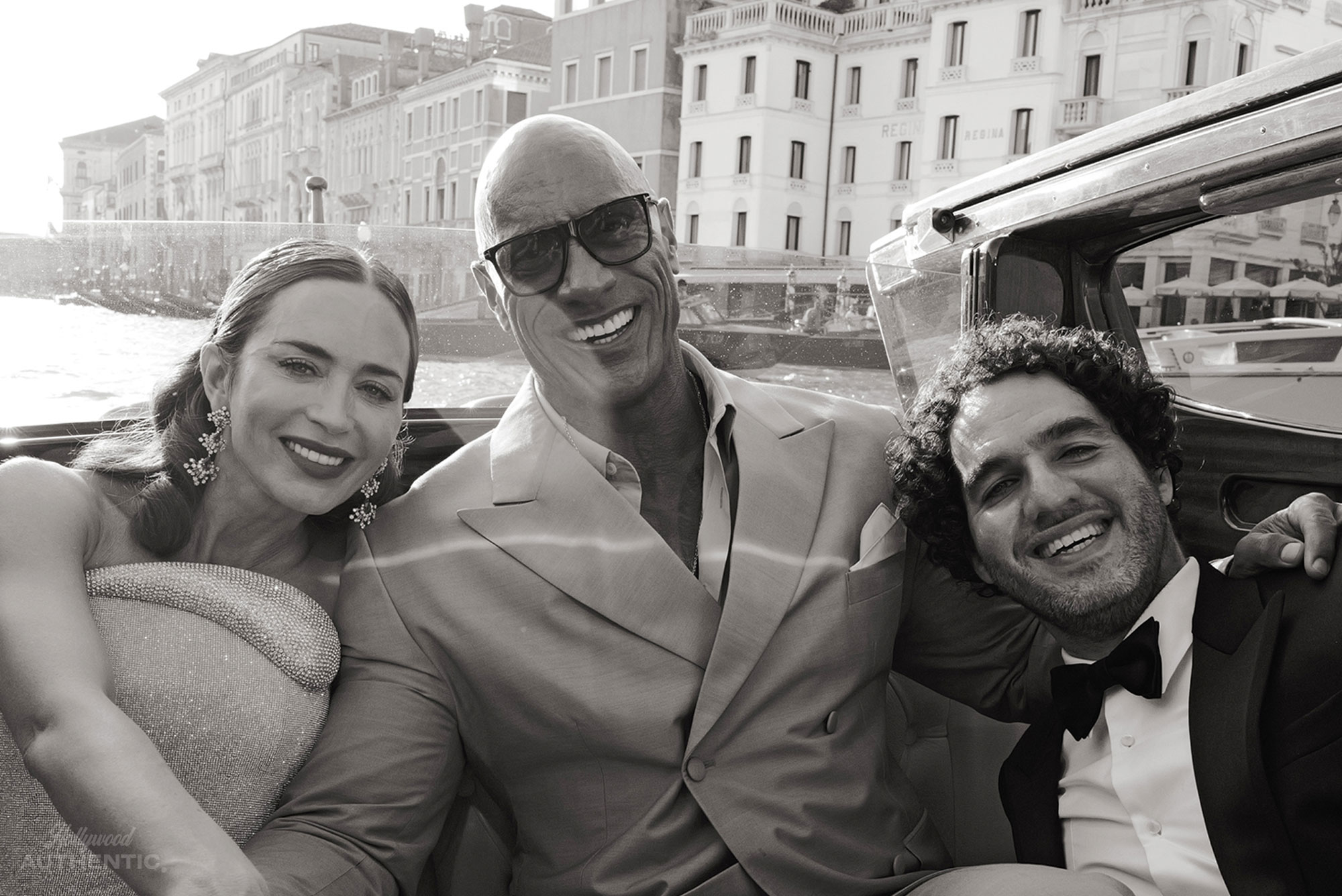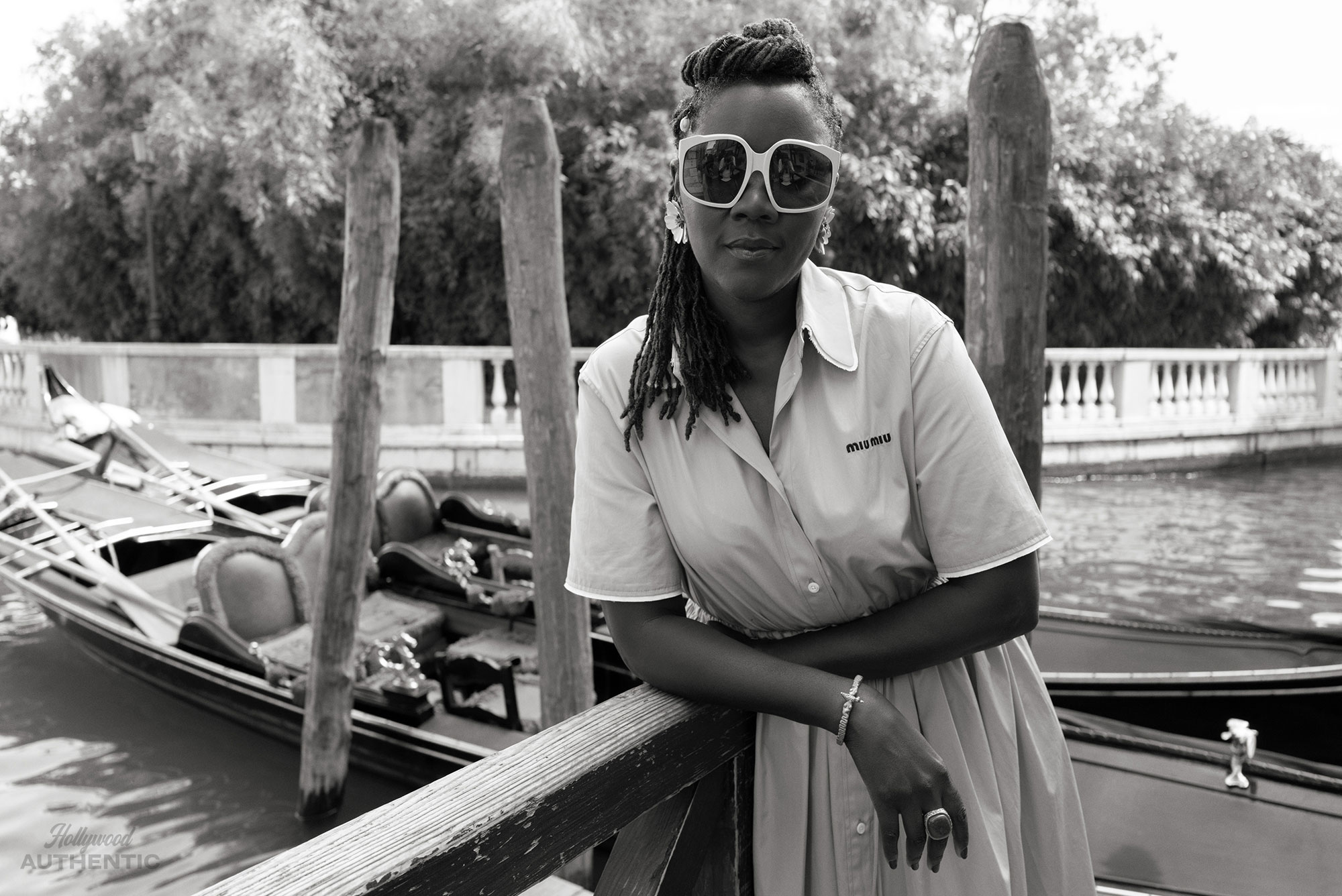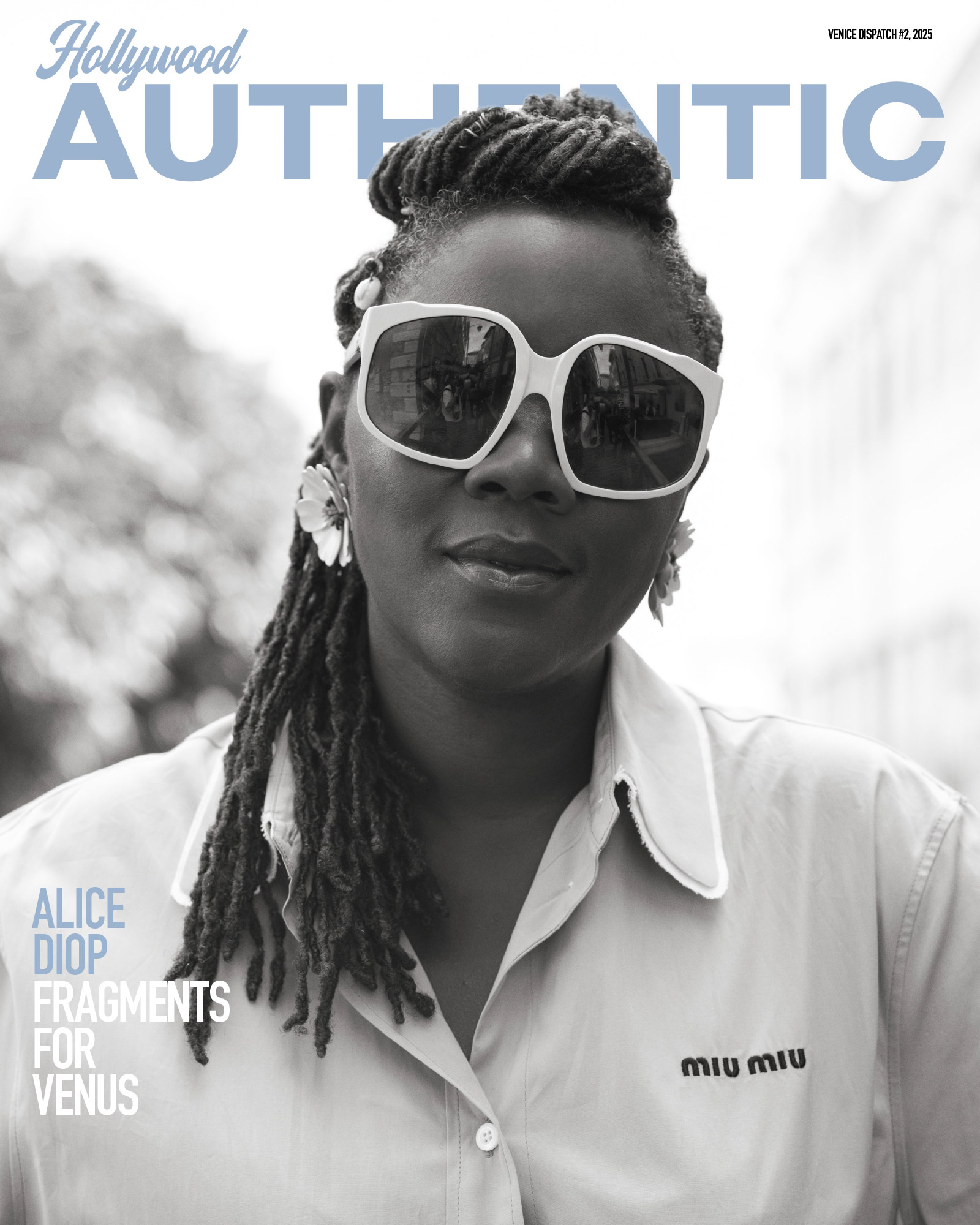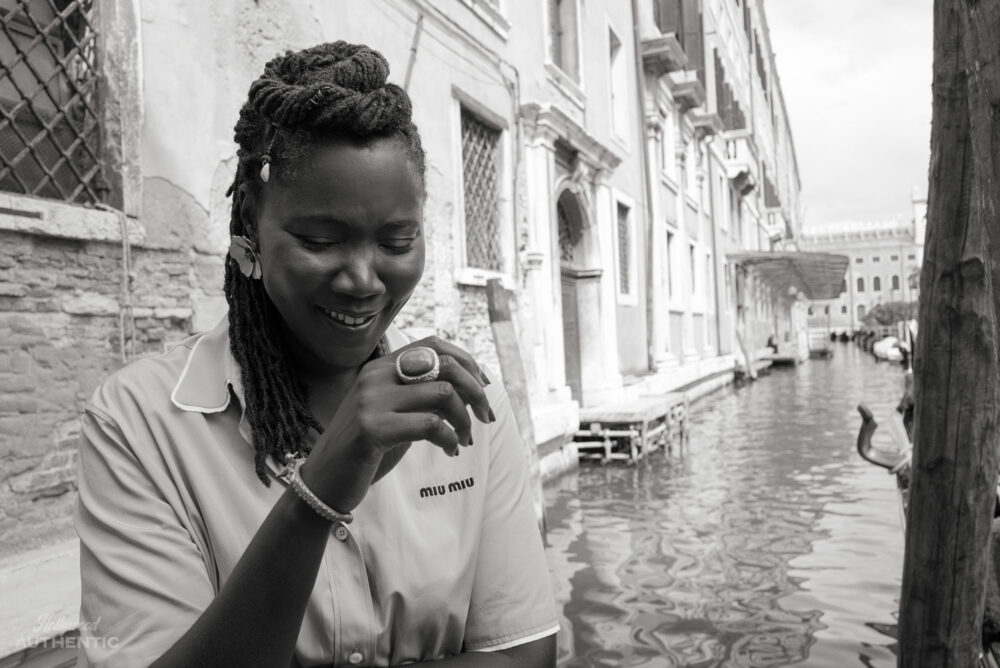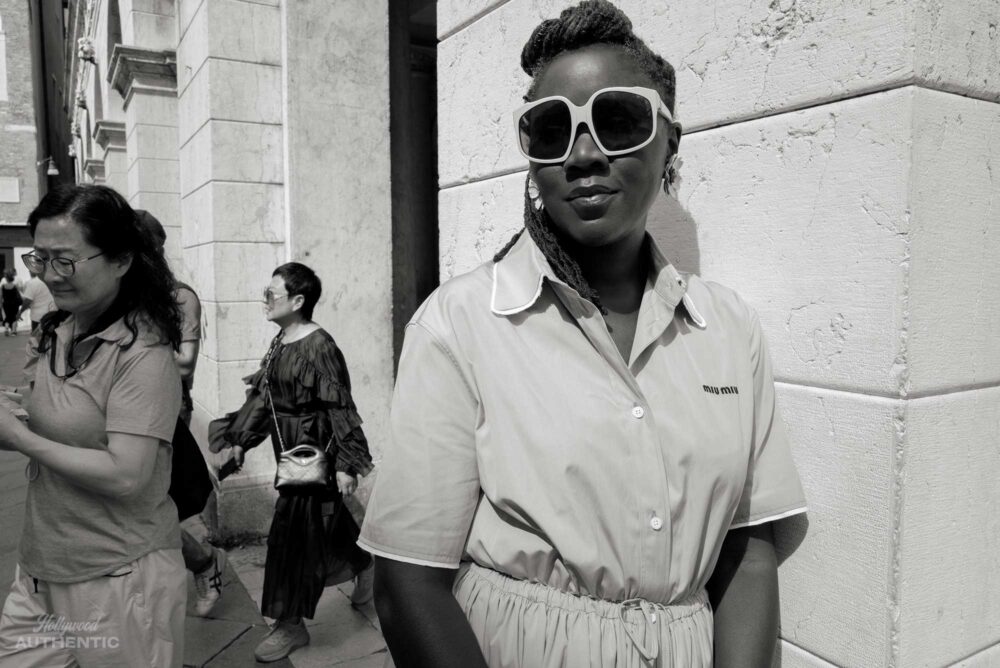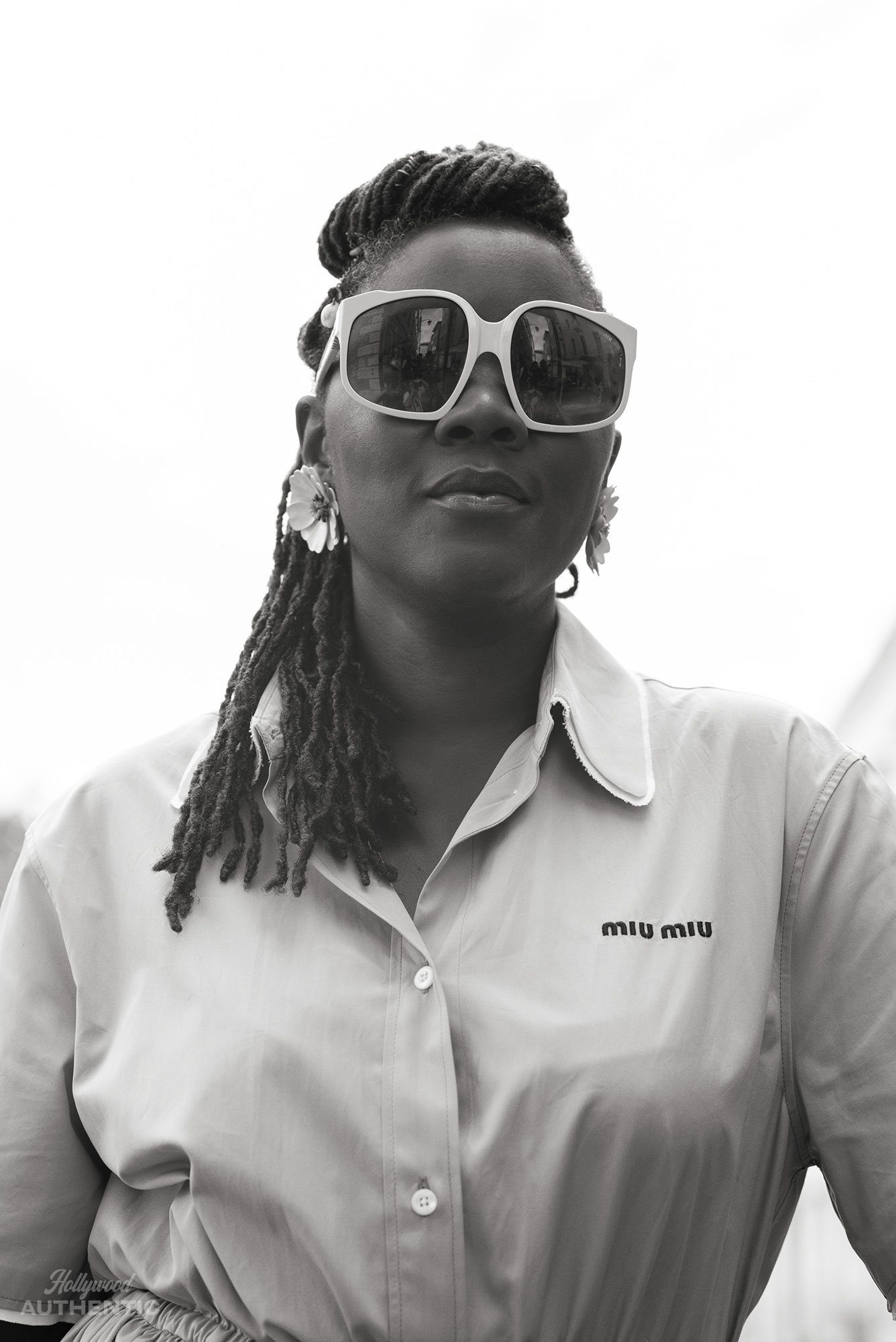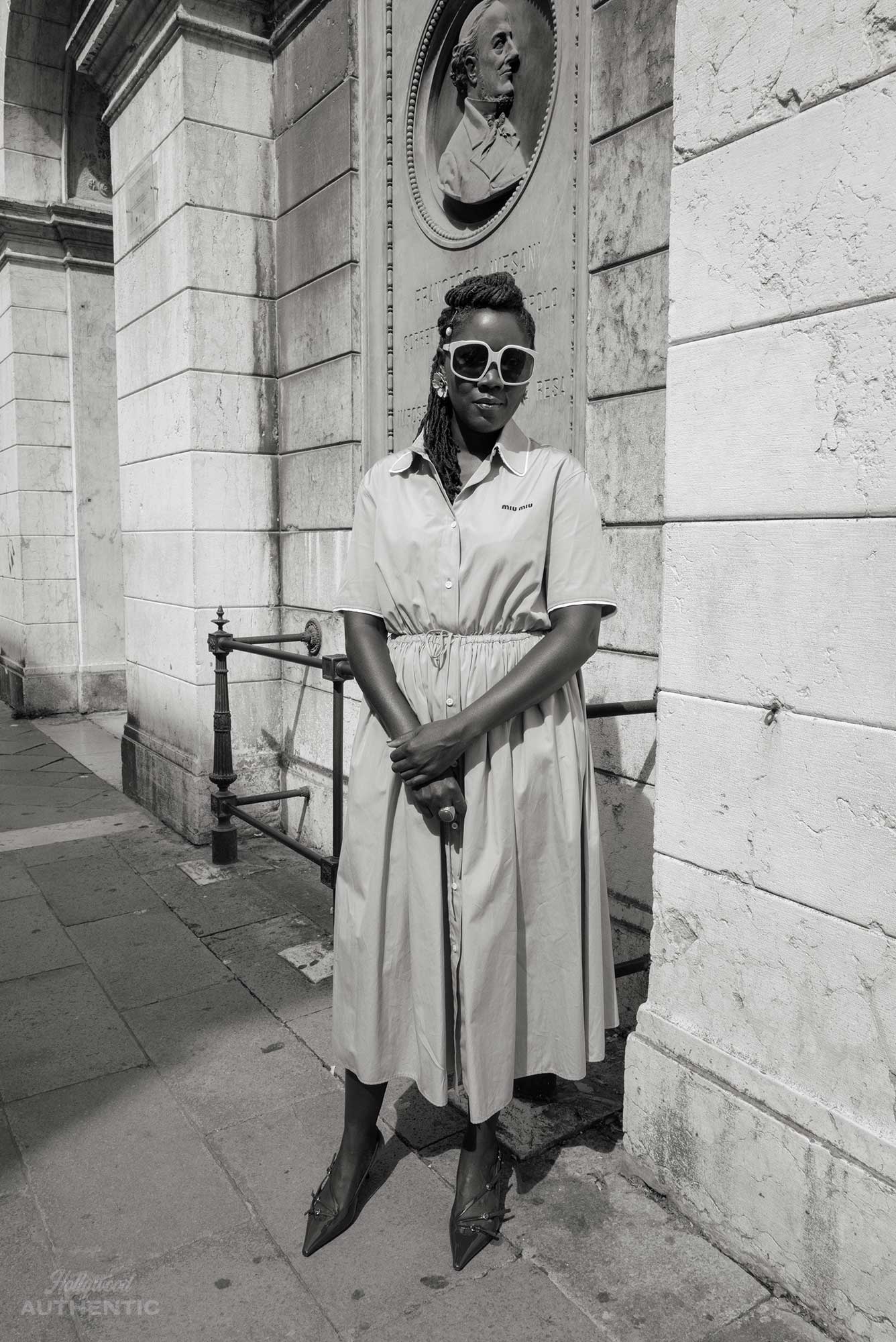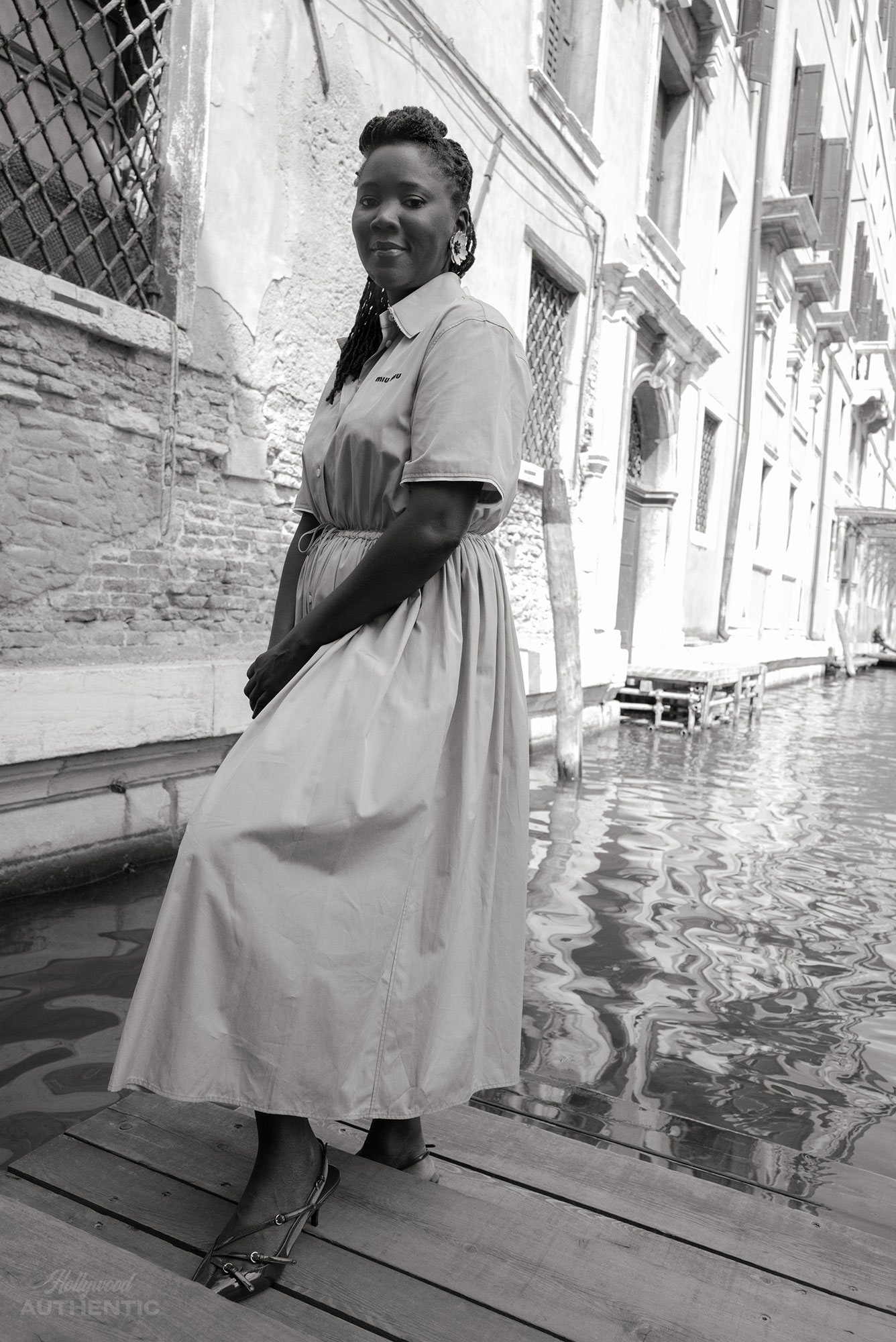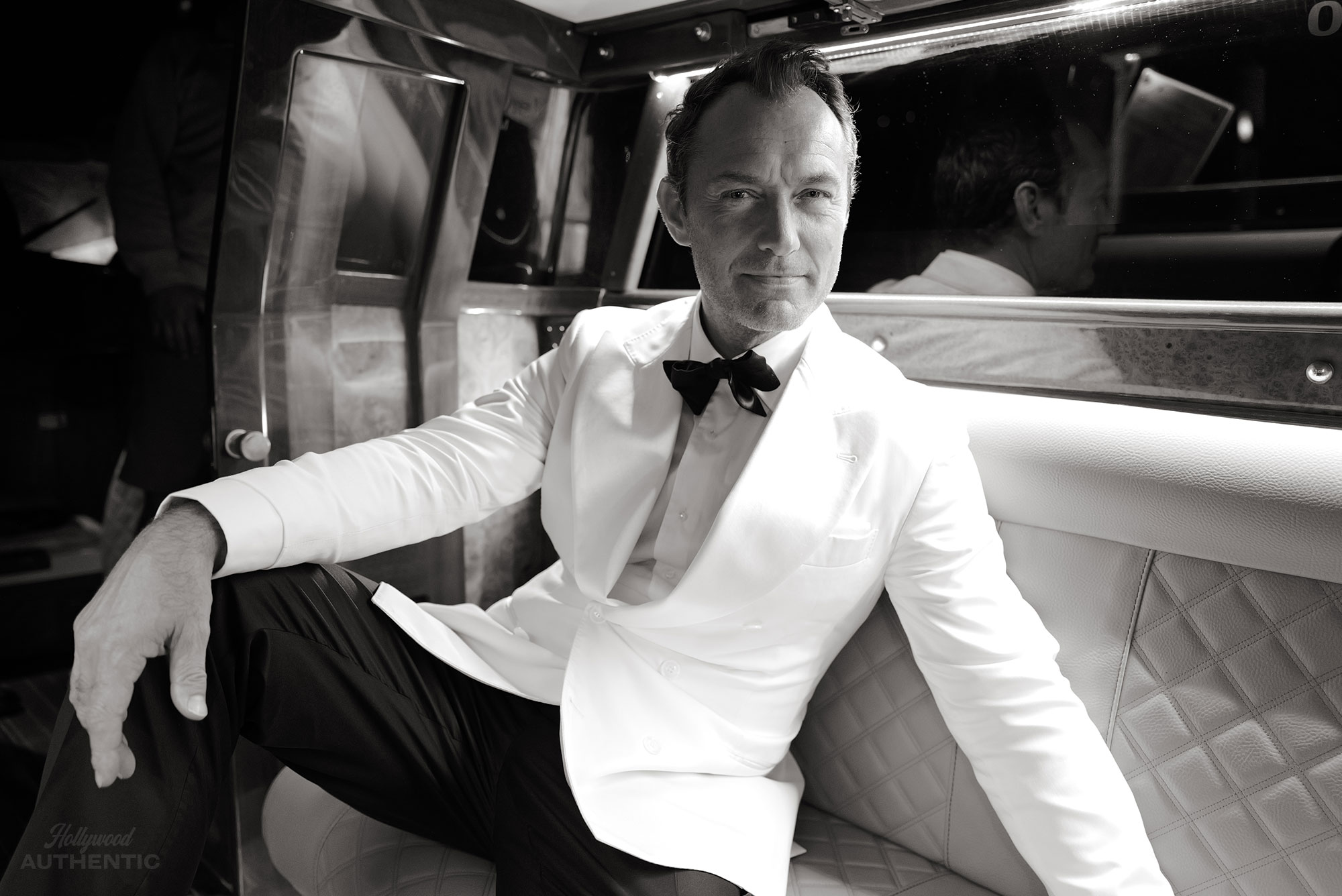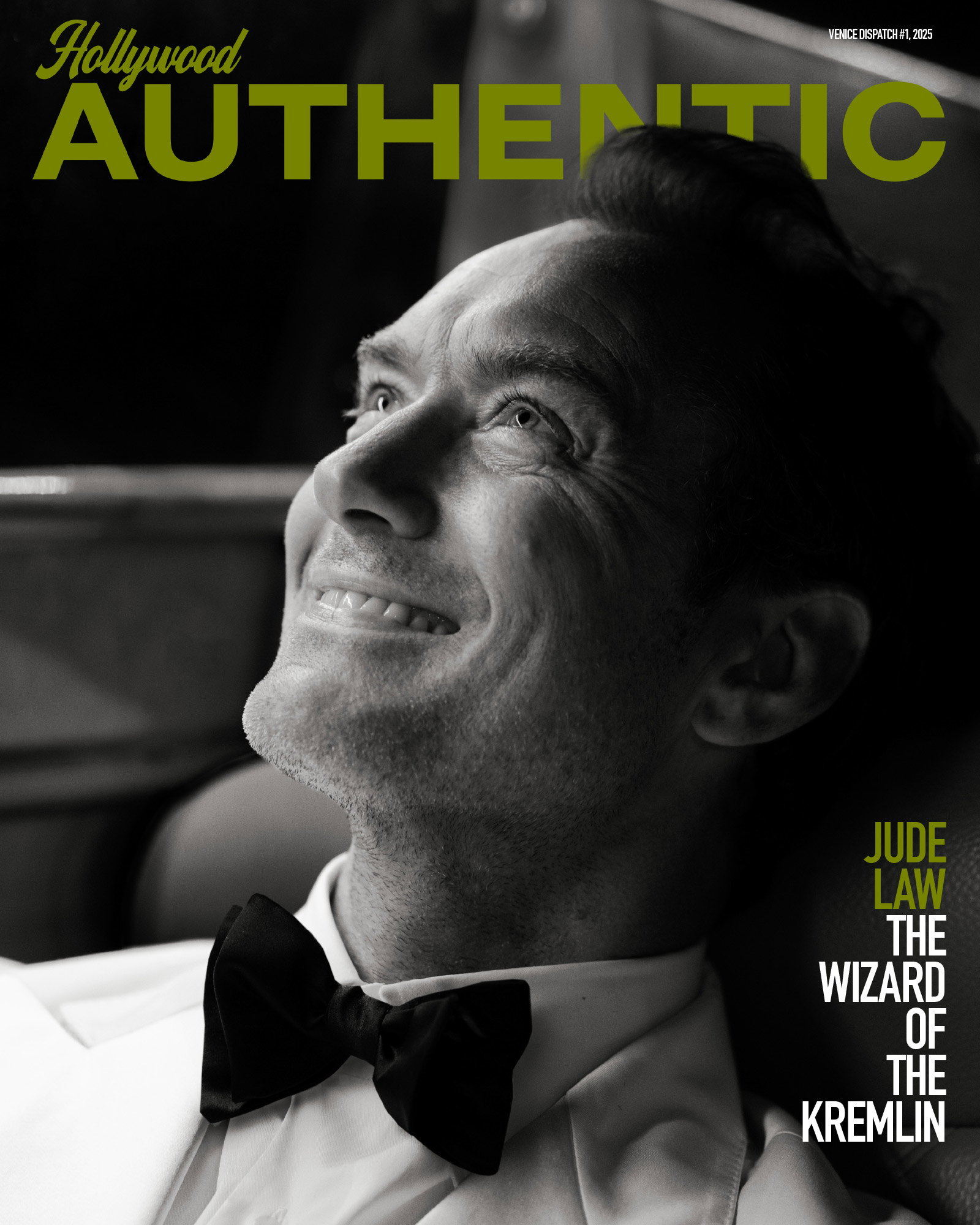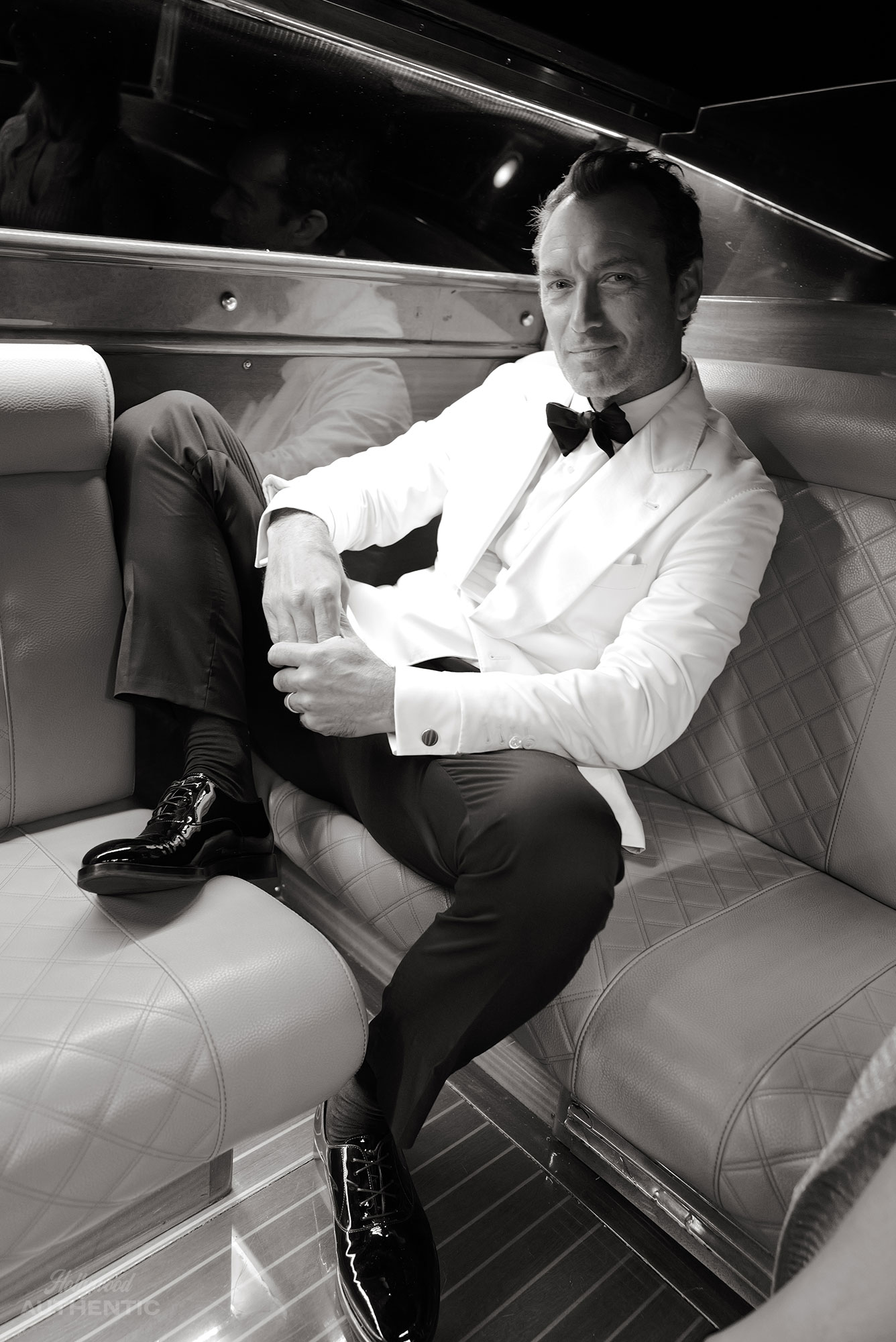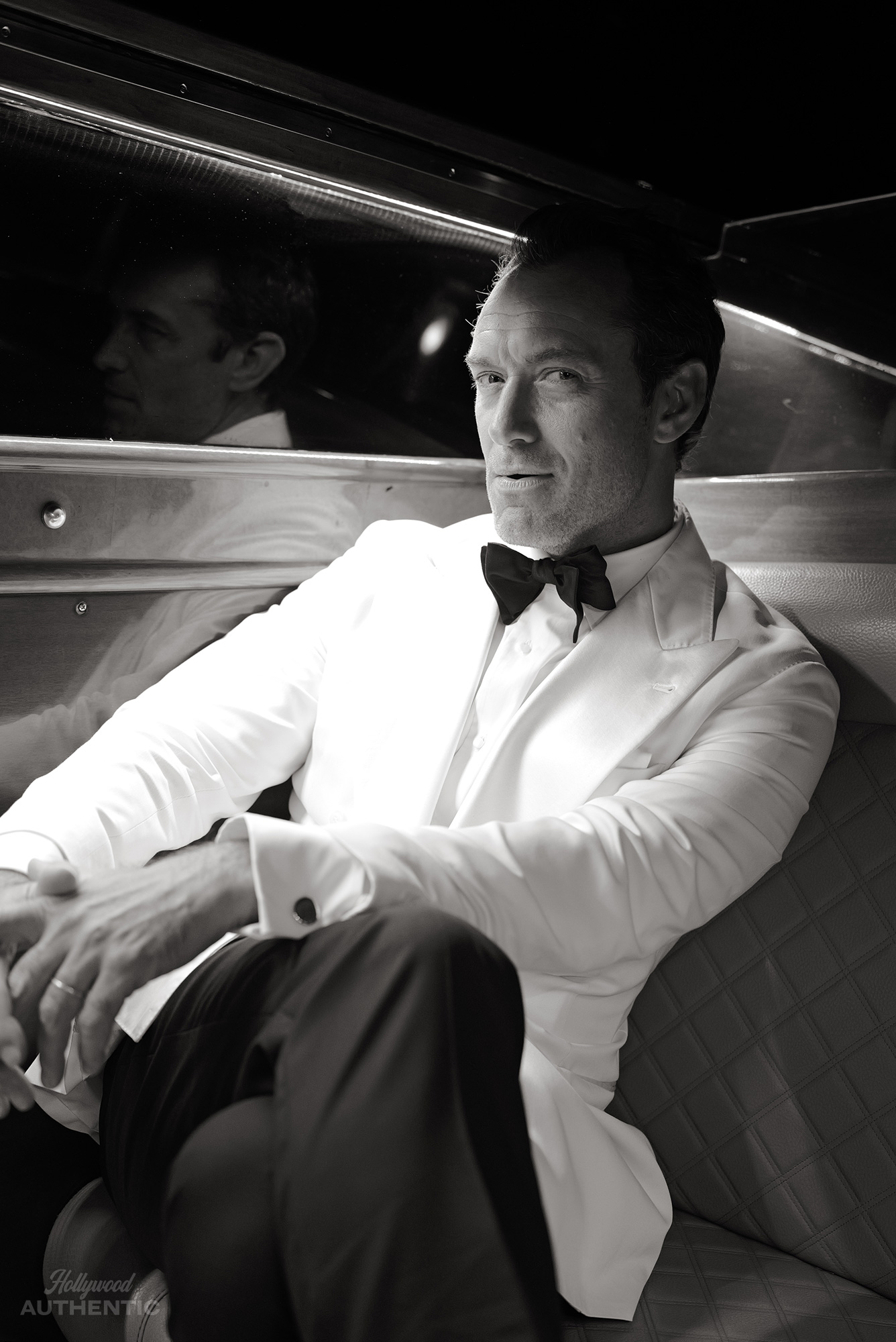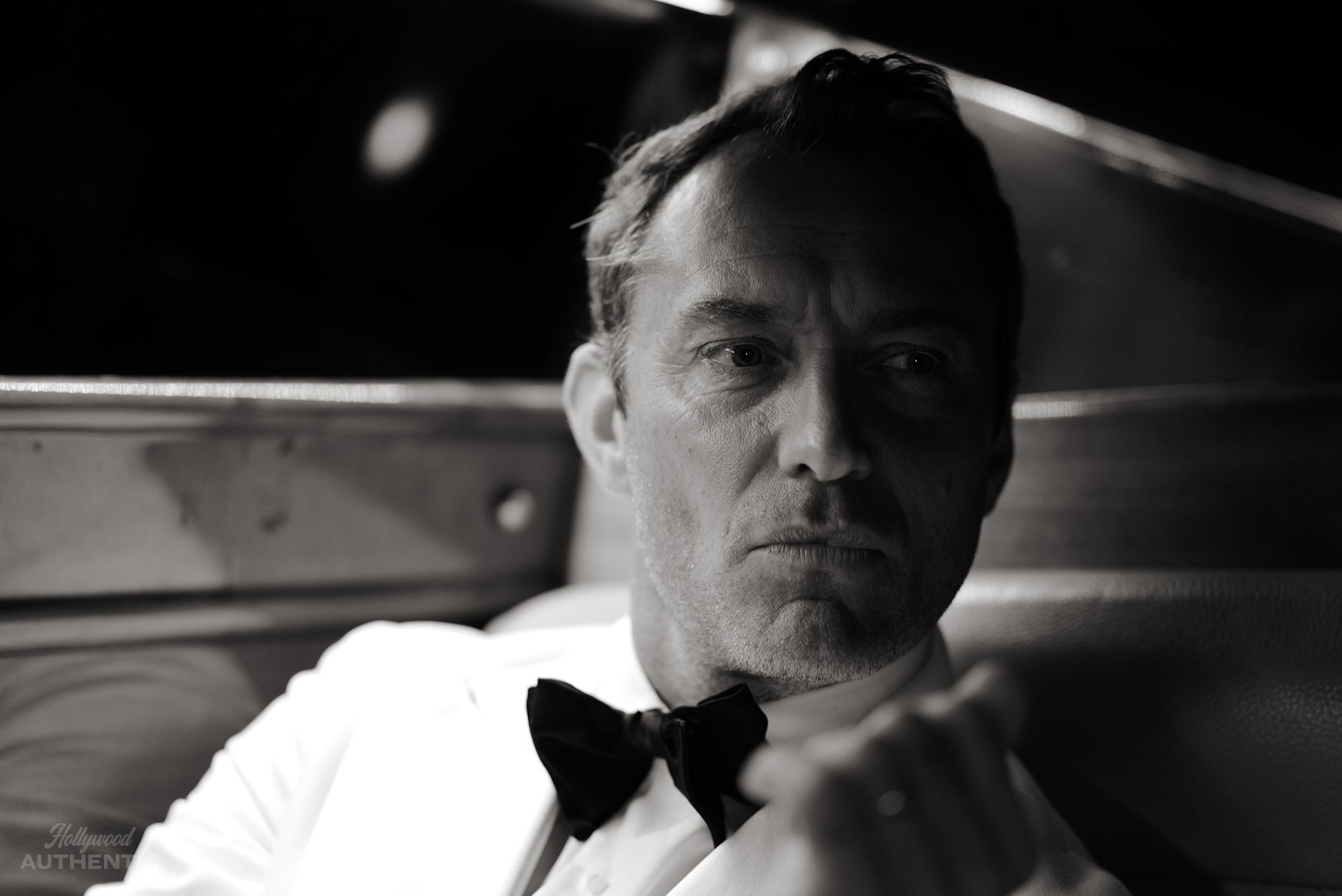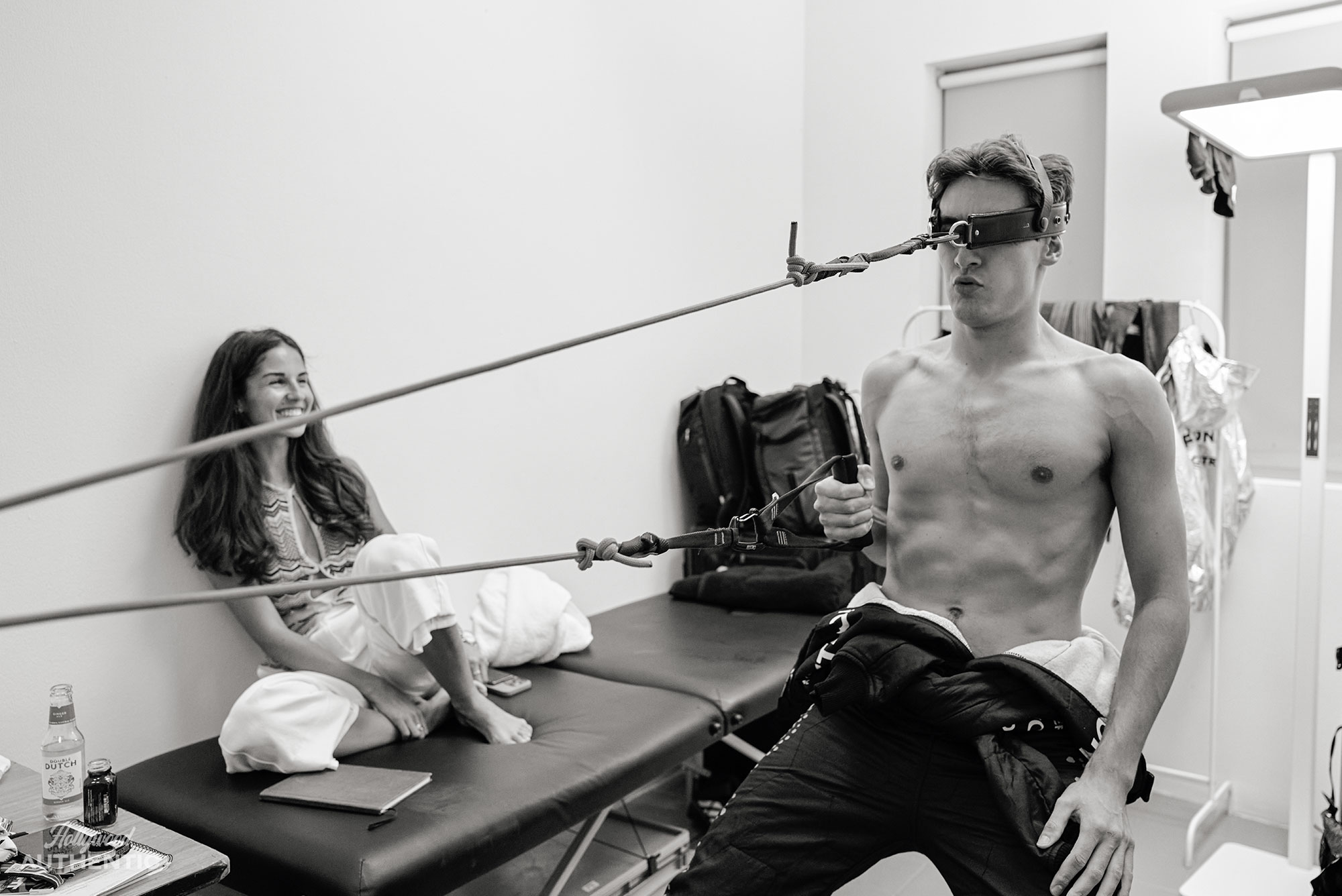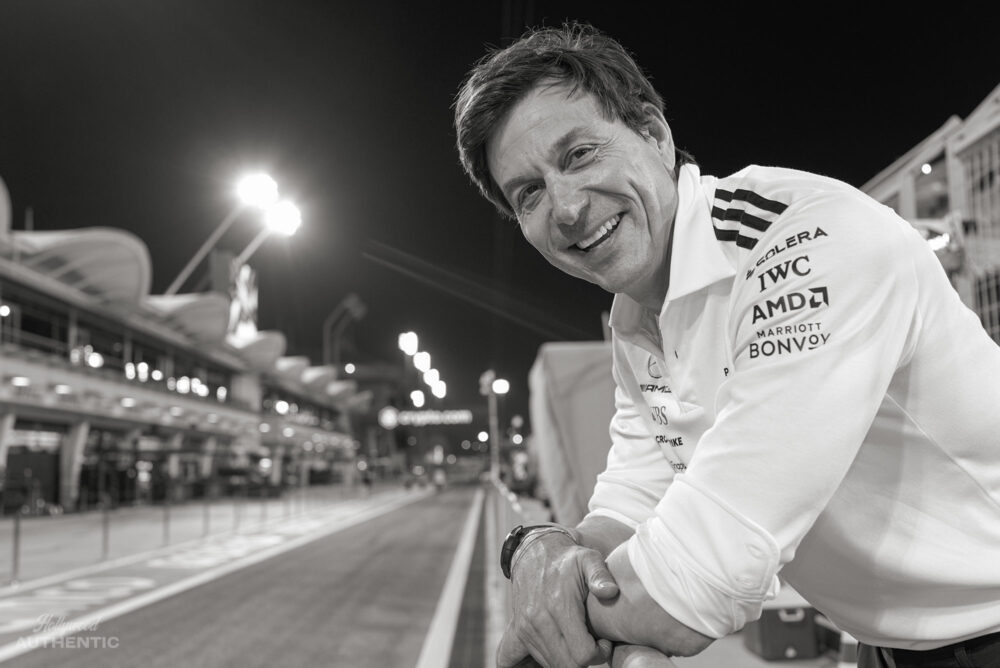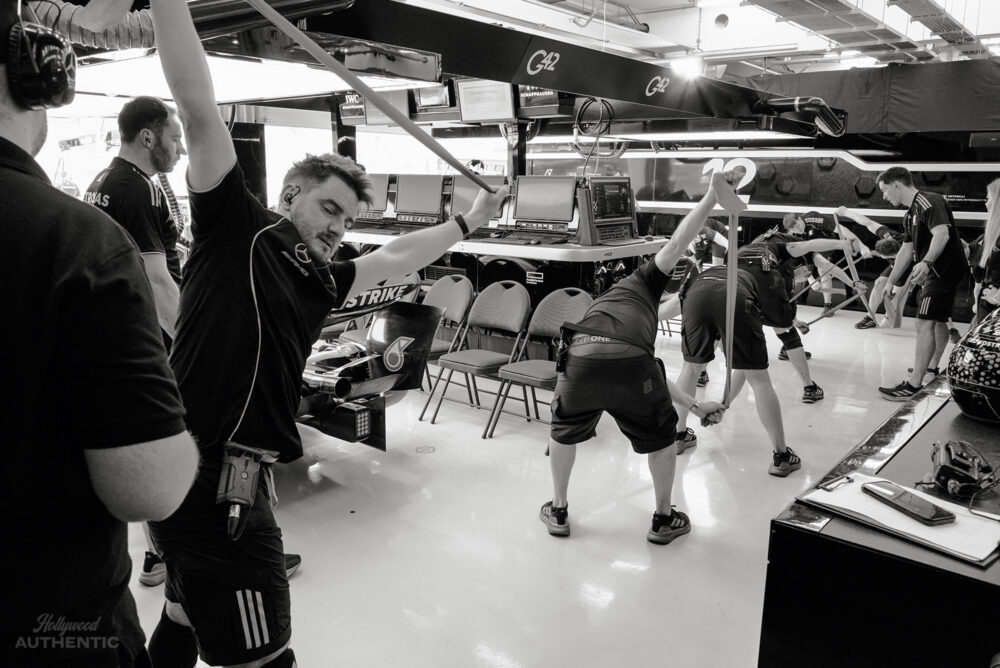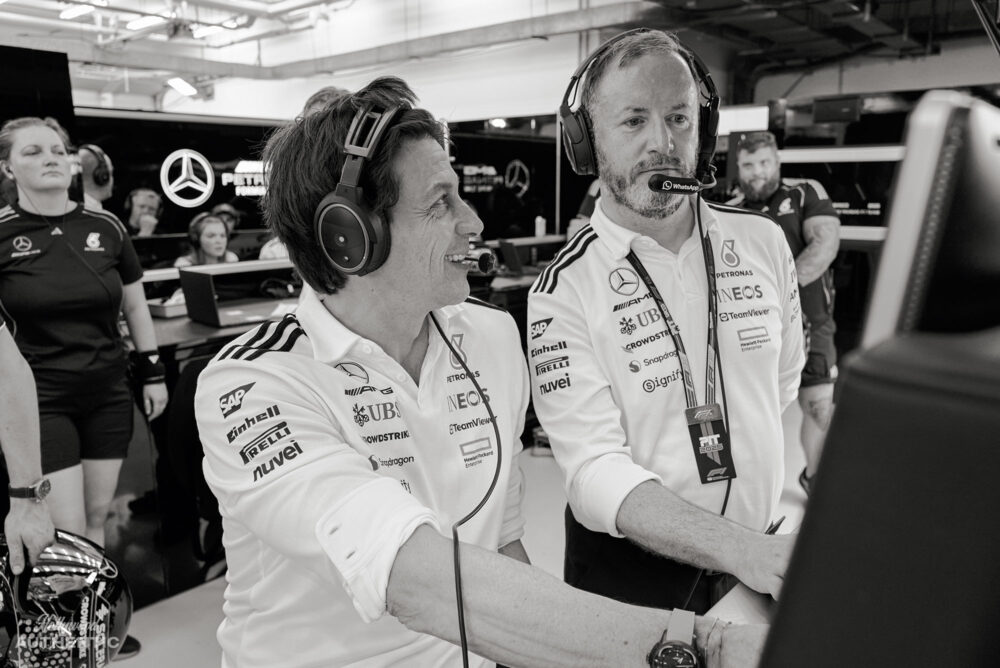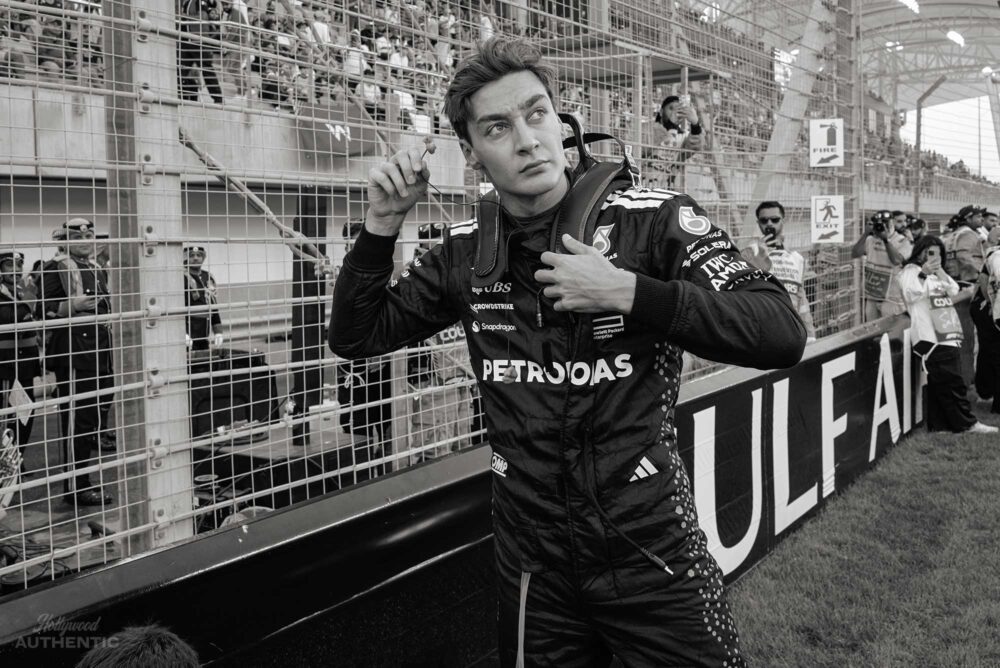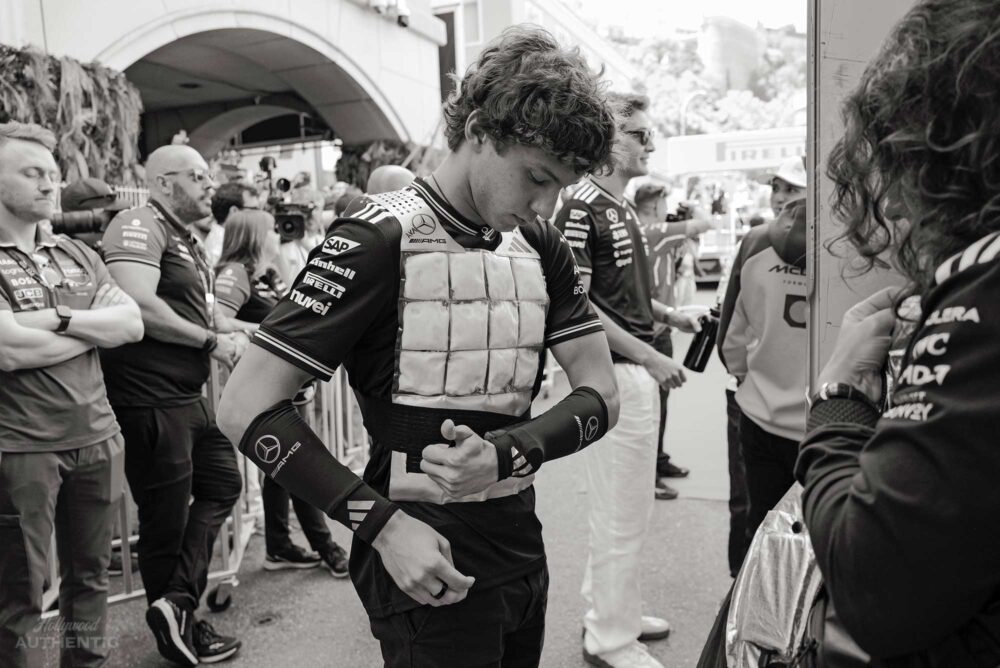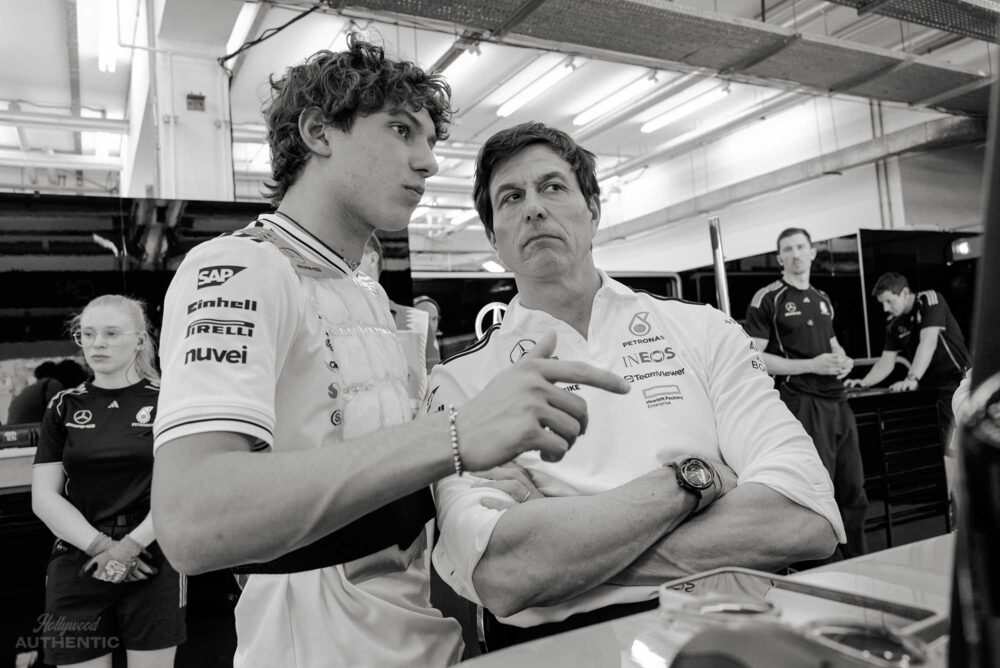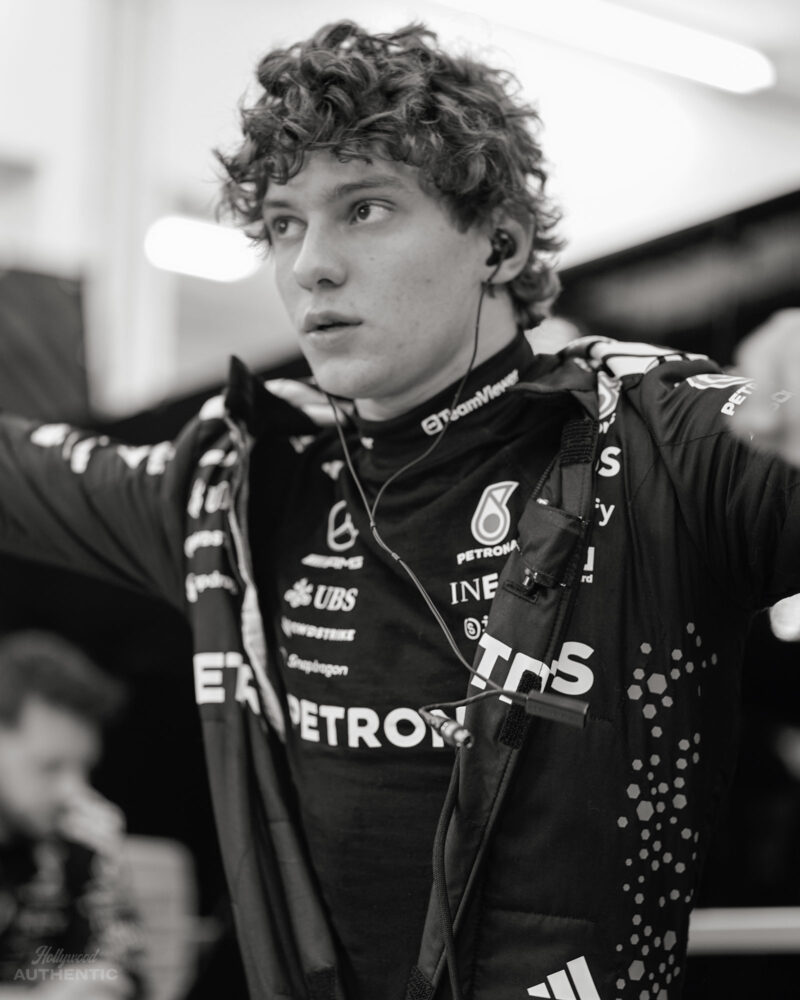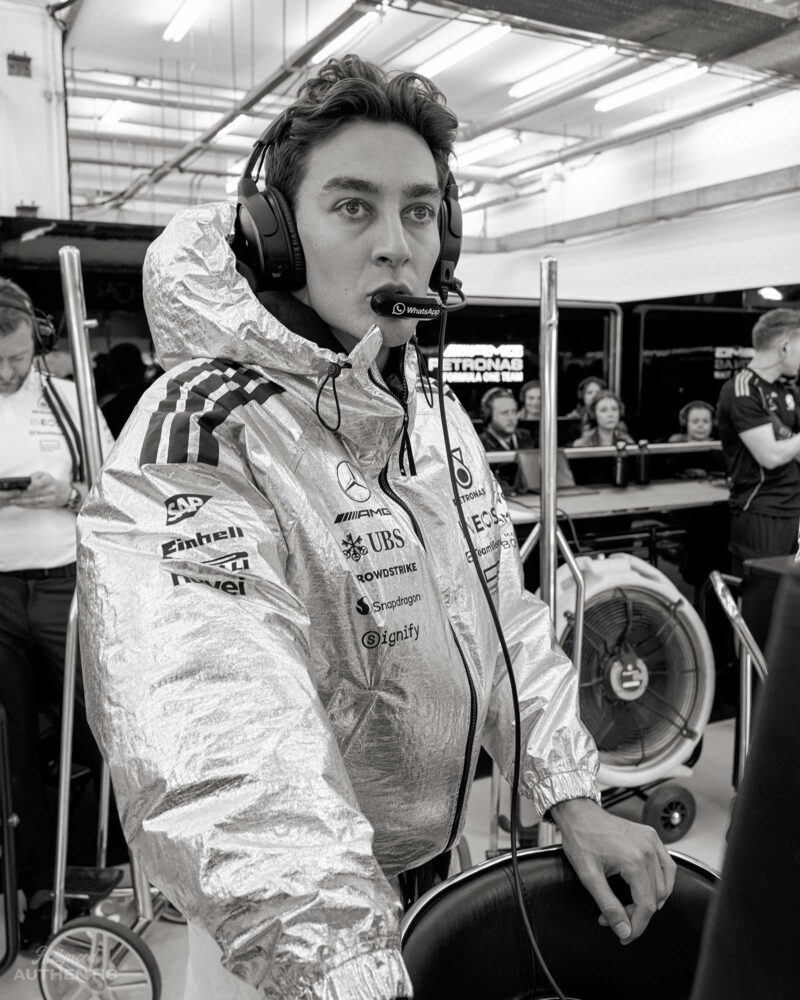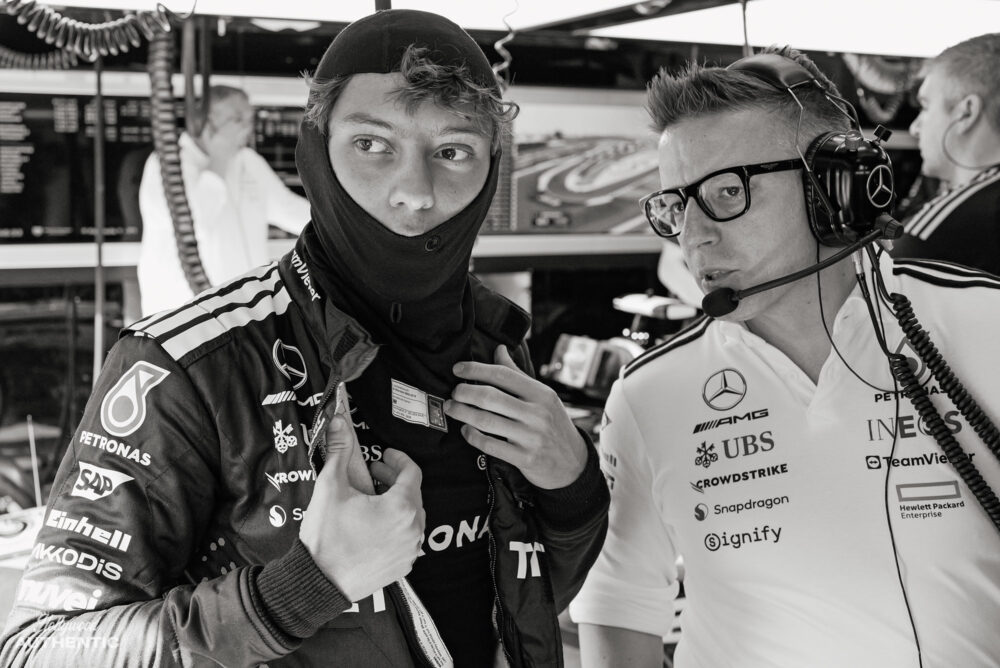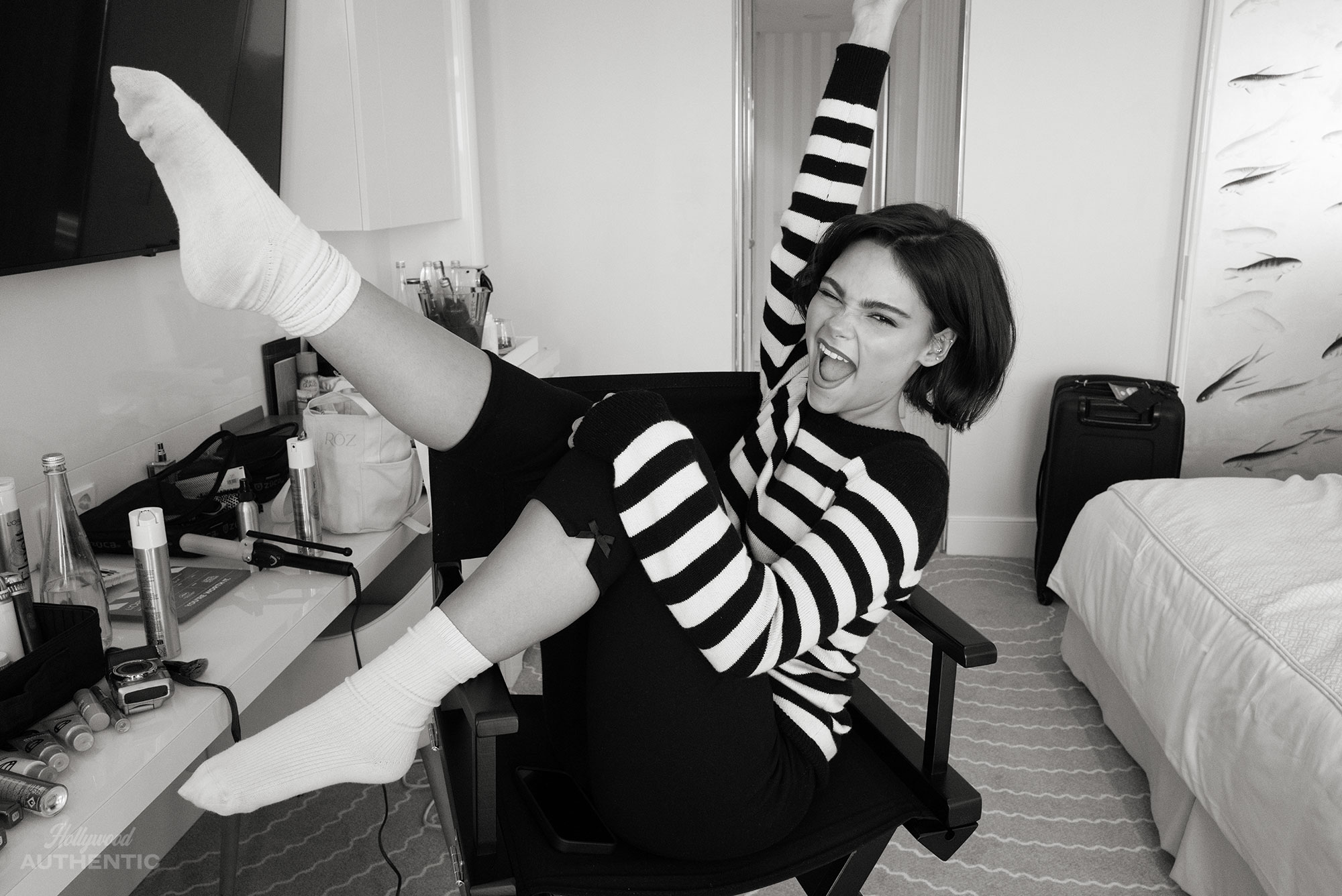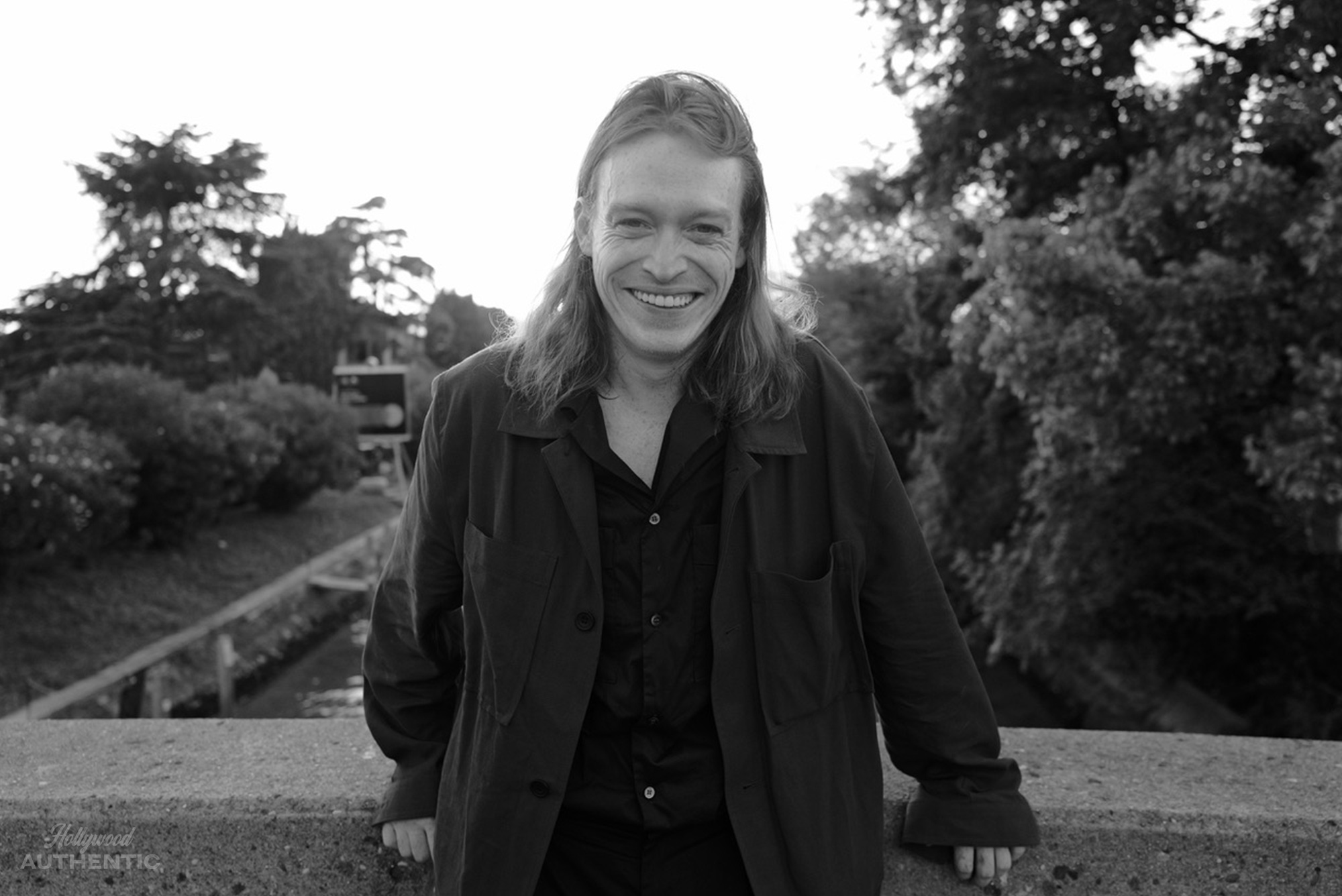Photographs by GREG WILLIAMS
Interview by HASSAN AKKAD
Emma Watson invites Greg Williams to a game of pickleball in Cannes as she revels in being the happiest and healthiest she has ever been. She tells her friend and filmmaker Hassan Akkad about shedding her public persona, holding space for change and how walking away from things is much harder than walking towards them…
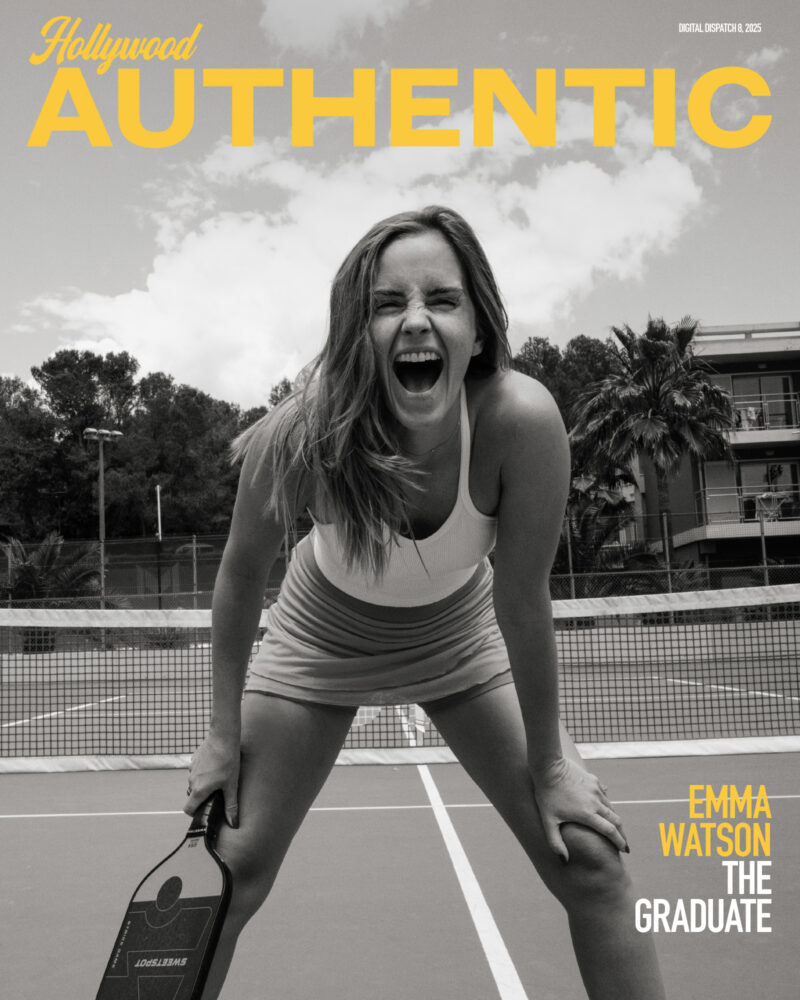
Emma Watson is currently living in the present, practicing being in the world without the pressure of producing. This past May, that meant travelling to the Cannes Film Festival to immerse herself in movies with her friend and filmmaker Hassan Akkad after a self-imposed break from the public eye. It’s there that Greg Williams captured pictures of the actor playing her new obsession: pickleball. ‘It’s the sound the ball makes when you smack it; it’s the best therapy I never paid for,’ she says as she plays. Having had a hectic film career since she was just 10 years old and cast as Hermione Granger in the Harry Potter franchise (going on to The Bling Ring, The Perks of Being a Wallflower, Beauty and the Beast and Little Women), Watson has since taken a calculated step back from acting to continue her education and challenge herself. After they return from the French Riviera, Watson and Akkad catch up to discuss the exploration of creativity and having the courage to leave something behind.
HA: How are you? What’s been going on?
EW: I’m good. Just been working really hard. I’m working on – actually, I’m not going to say what, because then people are like, ‘Well, when is it happening? What’s going on with this thing?’ So I’m just going to say that I’m working on something that I’ve never done before. So I feel a bit like a person who’s in the dark, stumbling around, looking for the edges of something, and hoping [laughs]. It sounds like I’m trying to find a light switch. But it’s good. That’s the process. That’s the process of making things, isn’t it?
HA: It is. Can you give us a hint of what it is?
EW: You know, it’s so funny – I think this is probably why I’ve been avoiding interviews in general. You’re the only person I would agree to speak to. It’s because I’m just not on a linear timeline at the moment for anything. I’m really going on: ‘Does this feel right? Do the stars align?’ I’ve gone super, super extraterrestrial, touchy-feely.
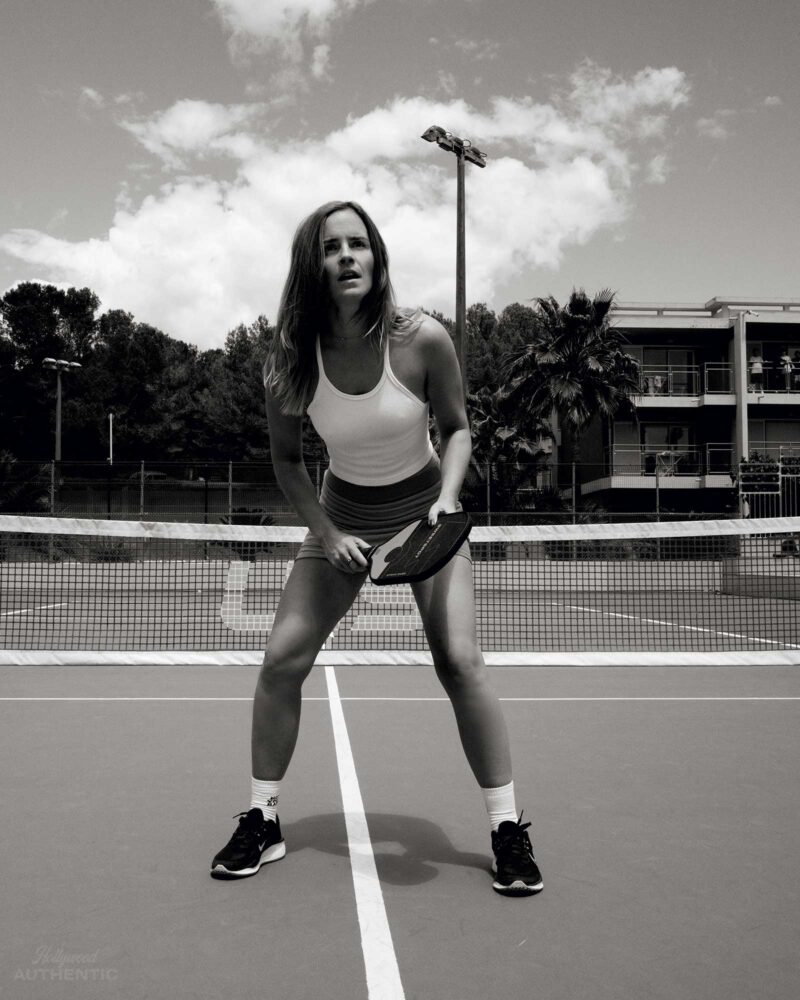
Oddly, somehow, the less I try to do, the more I get done. I don’t know how I would shape the distinction between effort and trying. Or maybe what I would say is: I’m caring, and I’m present
HA: I’ve always hated the question of ‘What are you up to?’. No one needs to be up to anything, I believe.
EW: I agree. And I’m up to lots of things. But I’m feeling this big resistance. Because even once you’ve done whatever the thing is that they’ve managed to get out of you that you’re up to – then the minute you’ve told them that, it’s like, ‘Well, what about next? What are you going to do next?’ It’s very difficult to be a person who’s living in the present moment in this kind of context. I guess that is, as pretentious as it sounds, what I’m striving for at the moment. I want to speak more to a way that I’m being in the world, as opposed to what I’m producing.
HA: You don’t have to justify your existence.
EW: That’s the other thing I feel pressure around. That I don’t have a right to exist if I’m not being productive in a very specific way, or contributing in a very specific way. Oddly, somehow, the less I try to do, the more I get done. I don’t know how I would shape the distinction between effort and trying. Or maybe what I would say is: I’m caring, and I’m present.
HA: I testify to you being caring and present. I think all of your friends also testify to you being a phenomenal friend. Are you happy and healthy? That’s a question that I would like to ask you.
EW: What a question. The only question that really actually matters. I am maybe the happiest and healthiest I’ve ever been. I think what’s interesting about being an actor is, there’s a tendency to sort of fracture yourself into multiple personalities. I’m not just talking about the roles you play, but having the weight of a public persona, that sort of needs constant feeding and sprucing and glamorising. It’s very energy-intensive stuff. And shedding the multiple identities has freed up so much space, I think, for me to be a better sister, daughter, friend, granddaughter, and then artist. And someone who’s trying to do some critical thinking of her own.
HA: Speaking of acting – Greg took those stunning shots of you in Cannes. What were you doing there?
EW: Everyone’s like, ‘What’s the mission here?’ I was like, ‘I just wanted to go and watch films.’ I just wanted to go and be in the room again with people who absolutely are completely, madly obsessed with film. I just wanted to be part of the atmosphere, and also a part of the community. Because while I might not be making work right now, I still do feel that I’m part of a community, and I want to stay connected to that community, and be part of it. Getting to go and to actually just have the time – not to be trying to promote or sell something, but just to be able to have a conversation with someone, and to look at other people’s work is the goal.
HA: I have to mention that moment when we were together watching Jeunes Mères when the cast saw you watching their film with them. It meant the world to them. I don’t know how you felt. I saw it through their eyes how much they appreciated that you were there watching the film with them.
EW: That was very touching for me. There was one specific actress, Janaina Halloy, whose performance was magnificent. I saw her. She clocked eyes with me, and just immediately broke down. I think that has been a theme of my life, and something I’ve talked about before. Which is, we really value this very active, masculine ‘do, create, go’. But it sometimes undervalues receptivity, and listening, and being there. I just felt the immense power of just giving this person a sense that I was listening to her, and that I thought that what she was doing mattered – enough to be there and show up. And I saw it really move her. That meant something to me too, because I realised I was contributing just by being.
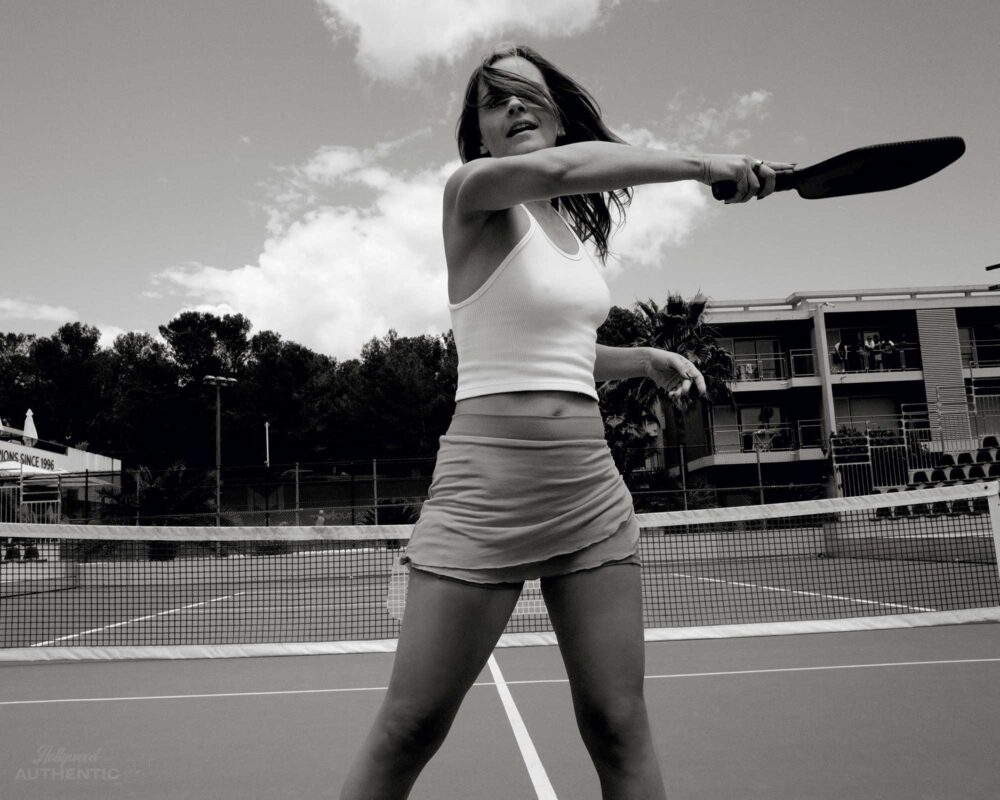
While I might not be making work right now, I still do feel that I’m part of a community, and I want to stay connected to that community, and be part of it
HA: Do you miss acting?
EW: In some ways I really won the lottery [with acting], and what happened to me is so unusual. But a bigger component than the actual job itself is the promotion and selling of that piece of work, this piece of art. The balance of that can get quite thrown off. I think I’ll be honest and straight-forward, and say: I do not miss selling things. I found that to be quite soul-destroying. But I do very much miss using my skill-set, and I very much miss the art. I just found I got to do so little of the bit that I actually enjoyed. The moment you get on a film set, you don’t get very long for rehearsal. But the moment you get to talk through a scene – or I got to prepare and think about how I wanted to do something – and then the minute the camera rolls, and getting to just completely forget about everything else in the world other than that one moment – it’s such an intense form of meditation. Because you just cannot be anywhere else. It’s so freeing. I miss that profoundly. But I don’t miss the pressure. I forgot it was a lot of pressure. I did a small thing for a play, just with my friends. I was like, ‘Bloody hell, this is stressful!’ And that wasn’t even for a real public audience or anything. I don’t miss that.
HA: Will you consider doing something behind the camera? Not on screen but behind the screen?
EW: Yes, I think I’d consider everything. The most important thing, really – or the foundation of your life – is your home and friends and family. I think I worked so hard for so long that my life sort of bottomed out. The bottom fell out of the piece, which was actually me and my life. So I needed to go and do some construction work. Some good foundations for anything else to grow from. Because if you don’t have that, there’s a kind of mania that ensues; a kind of panic where you move from one project to the next, kind of terrified of the void in between them. You realise you don’t have a rhythm to your life. I read this thing recently: each day, our daily lives have to have satisfaction and completion and meaning, in and of themselves. I needed to go and rebuild that. And I’m very happy and proud I did. Because walking away from things is much harder than walking towards things. Leaving things, and not knowing, is much harder, I think, than having a goal, and being able to tell everyone exactly what you’re up to. So it felt very courageous at the time. And, if I’m being honest, I was mostly just really afraid and quite scared. But I’m very pleased that it was the right thing. Sometimes the hard thing is the right thing, not the easy thing.
HA: True, true. You have a habit of listening to songs on repeat. Which songs are you currently listening to on repeat?
EW: I’m so glad that you know this about me. It’s lovable or absolutely abhorrent. I’m not sure which one. I’m listening to Brandi Carlile, who wrote this freaking unbelievable song called ‘You Without Me’ that she wrote for her daughter. It gives me chills every time I listen to it. So that’s the song today that I’ve been playing while I’ve been working on my essay. I’m coming on to the eleventh or twelfth listen [laughs].
HA: Why did you pick up a sport that is named after a pickle? What
happened there?
EW: A friend of mine’s parents taught me how to play. They’re retired tennis pros. Over time, it’s just grown into kind of an obsession – an obsession I feel good about. If I can do anything meaningful with my life, perhaps it’ll be of being in service to the great game that is pickleball!
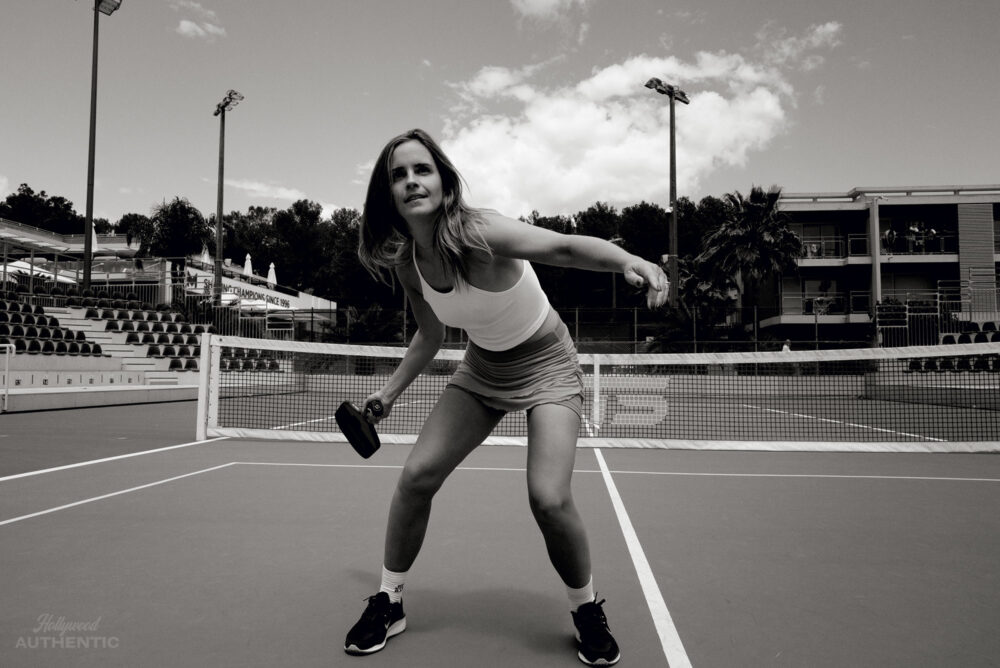
HA: Final question is, what’s giving you hope these days?
EW: Aw, that’s a great question. Honestly, it’s being around young people that still see the world as malleable and changeable, and who care deeply about it. I also just love this idea that, yes, I agree change takes a long time, and the hammer will come down a thousand times on the same piece of stone, and nothing will happen. And then all of a sudden, one day, the stone will crack. I think to say, ‘Oh, you know, nothing ever really changes’ – I’m not sure I believe that.
HA: I can testify to that.
EW: I was about to say: where you are, and what you’re up to, is so relevant.
HA: I’d completely given up on ever going back home to Damascus, and then suddenly one day, you know, after 13 years of being away, I was able to go back. I’m here. It’s a bit stressful because ballistic missiles are flying over my head every day. Change can happen with the blink of an eye. Everything could change. Will you visit Damascus one day?
EW: As your invitee, Hassan? Yes. You are truly my family. So, absolutely. But, to your point… Yes, I’m profoundly disappointed that we still live in a world where so much pain and injustice is possible. But, on the other hand, if you look back through time, we have managed to overcome unbelievable, insurmountable terrible things. There are case studies for the impossible being possible. So, you know, I think it’s a case of knowing everything is not OK, but holding space for the fact that, actually, sometimes in the blink of an eye, things can be different.
Photographs and video by GREG WILLIAMS
Interview by HASSAN AKKAD


